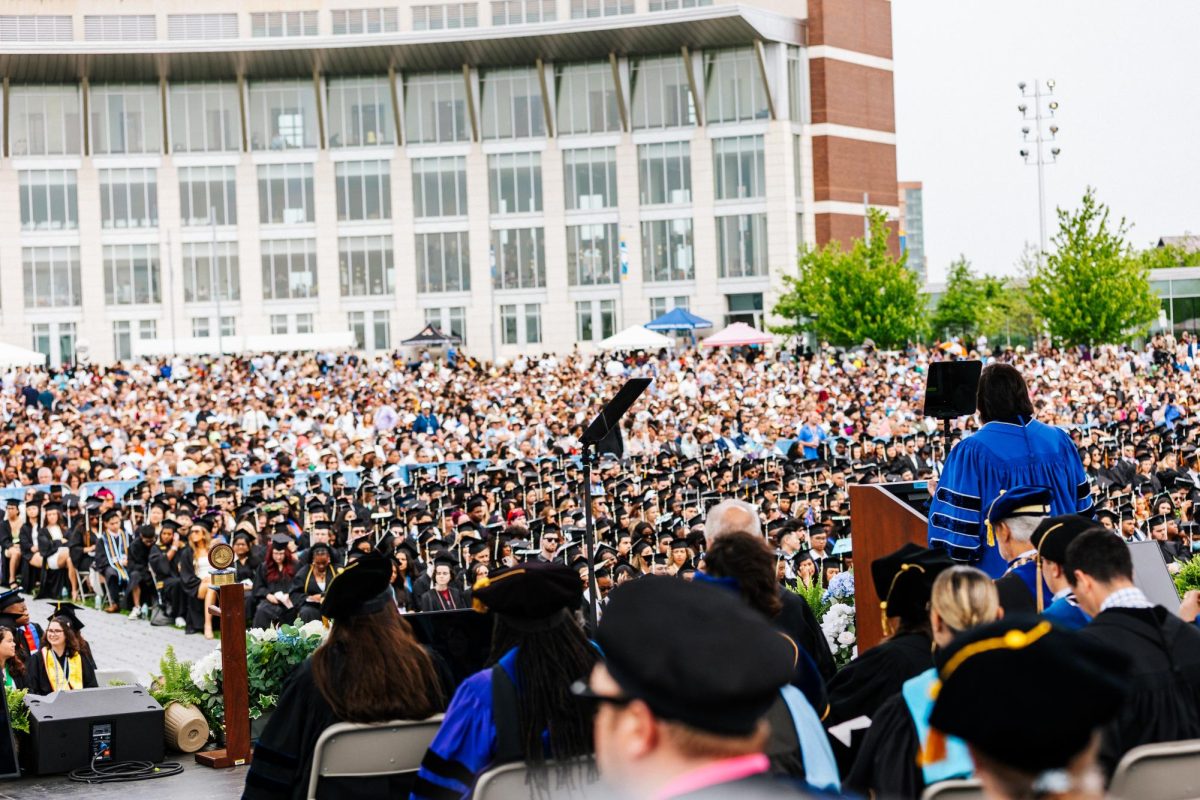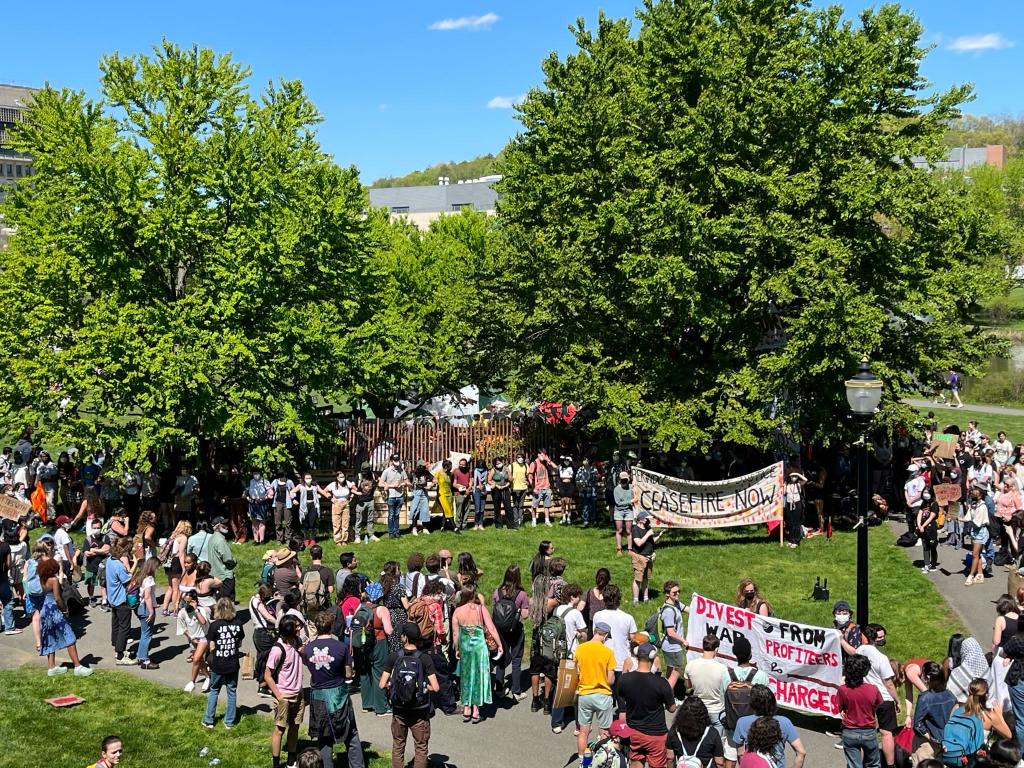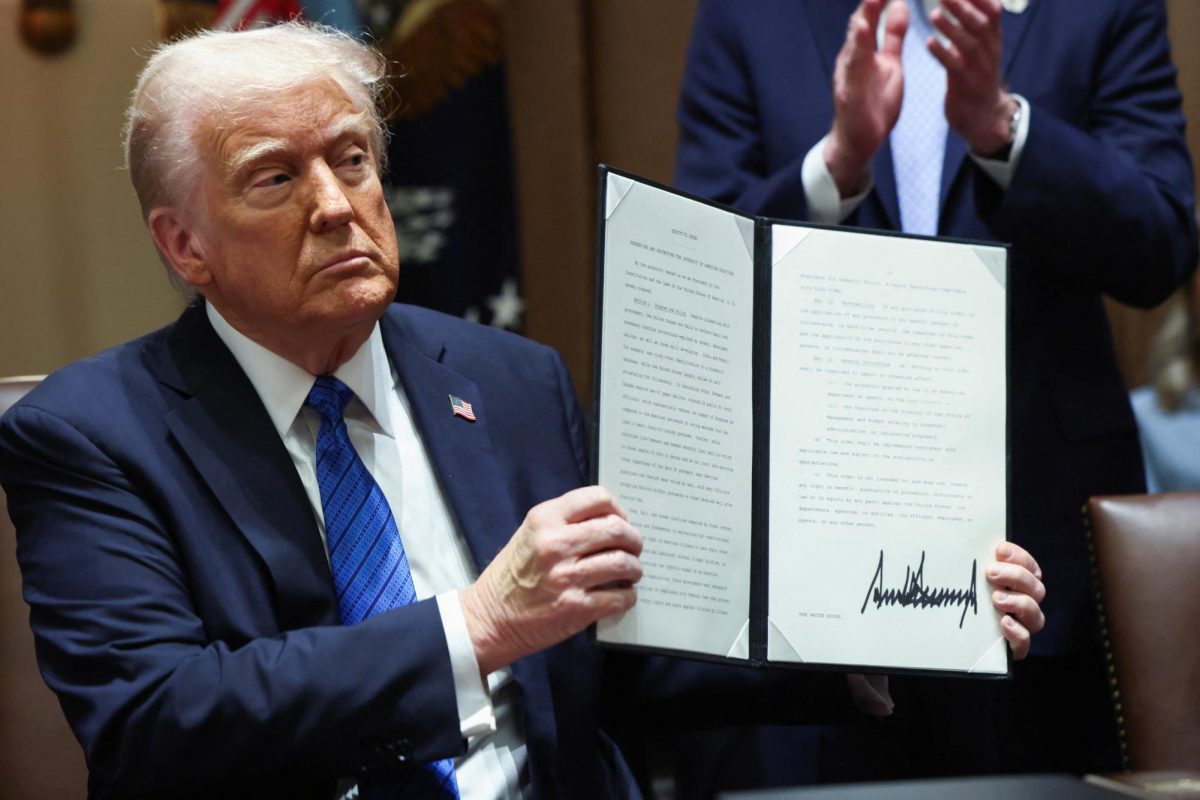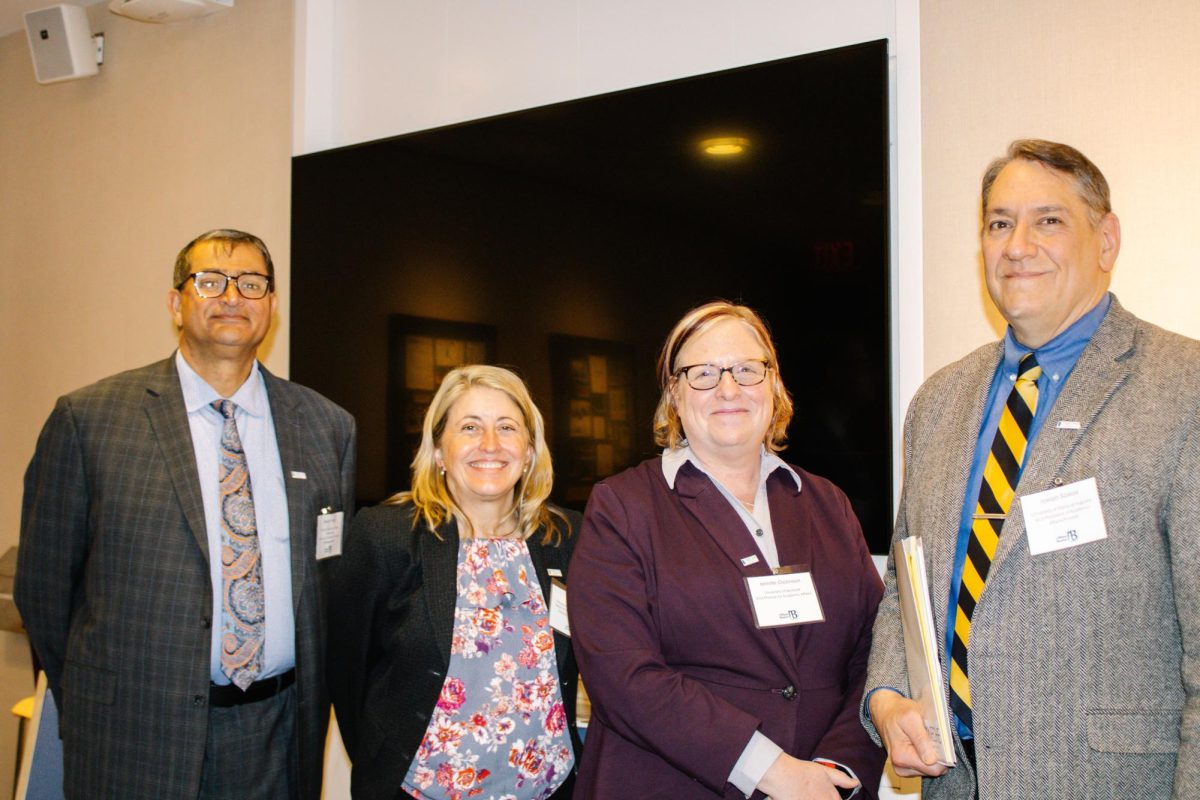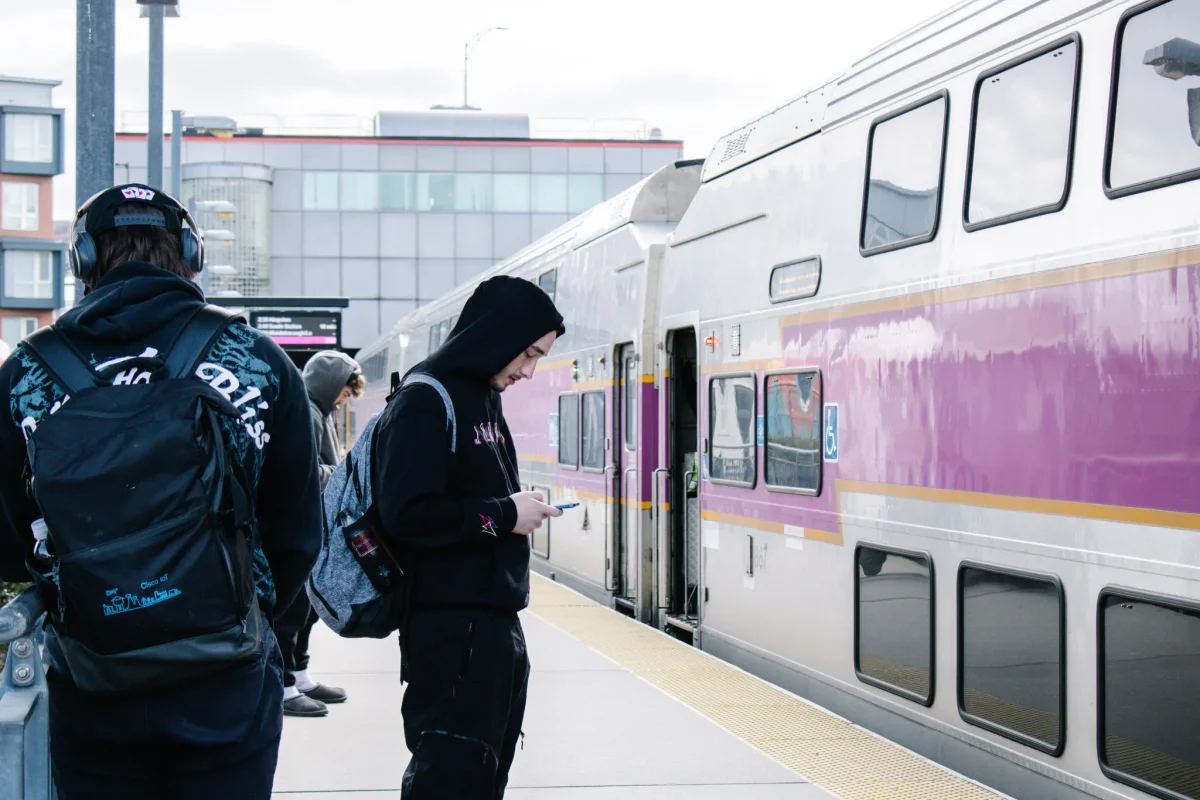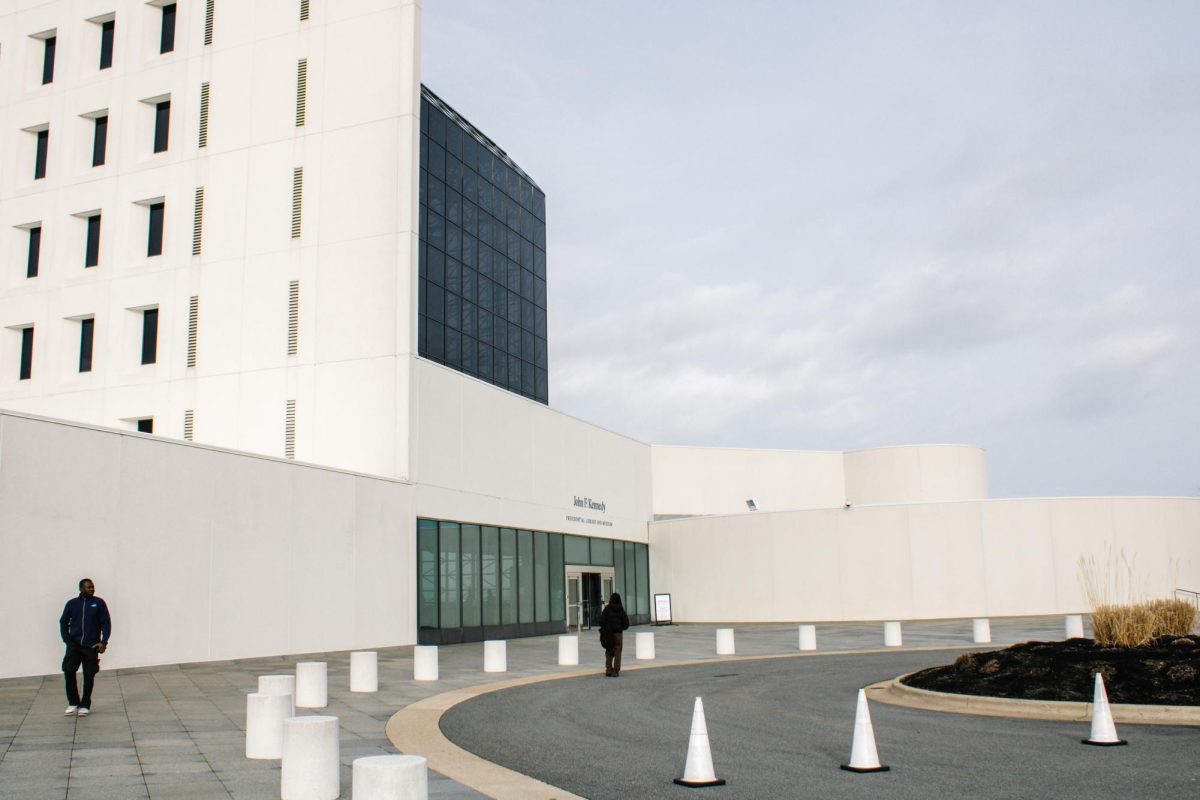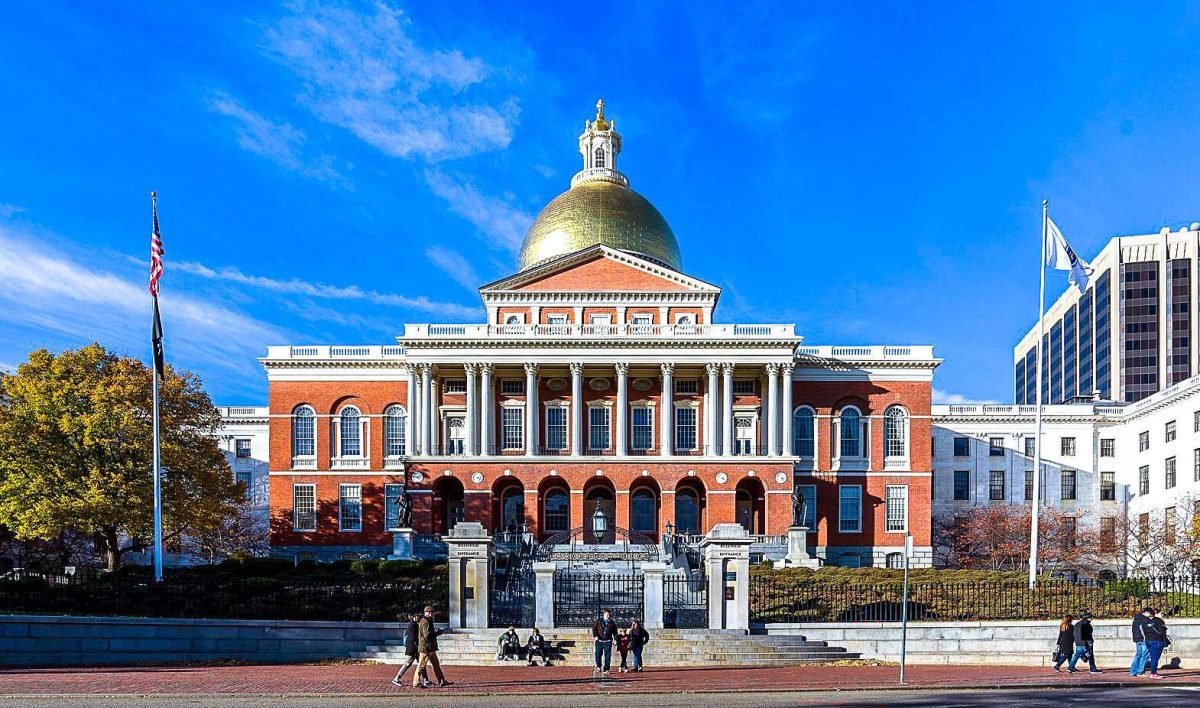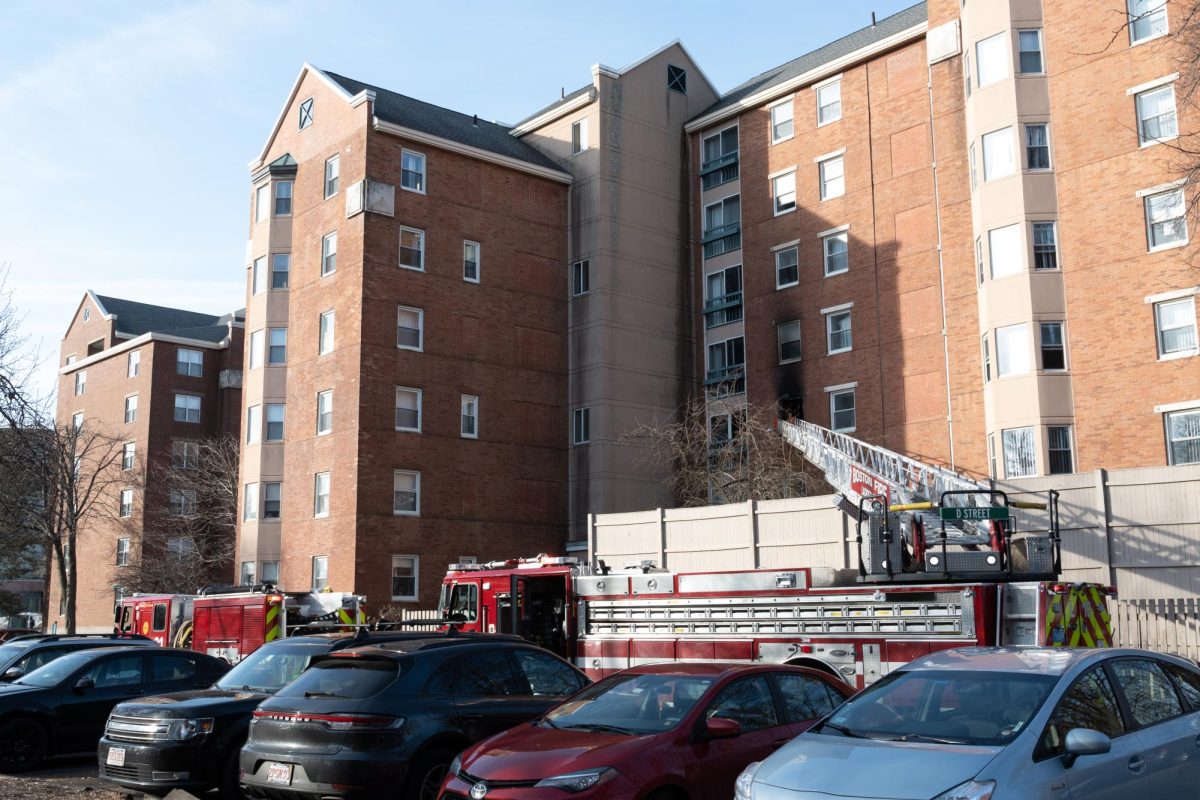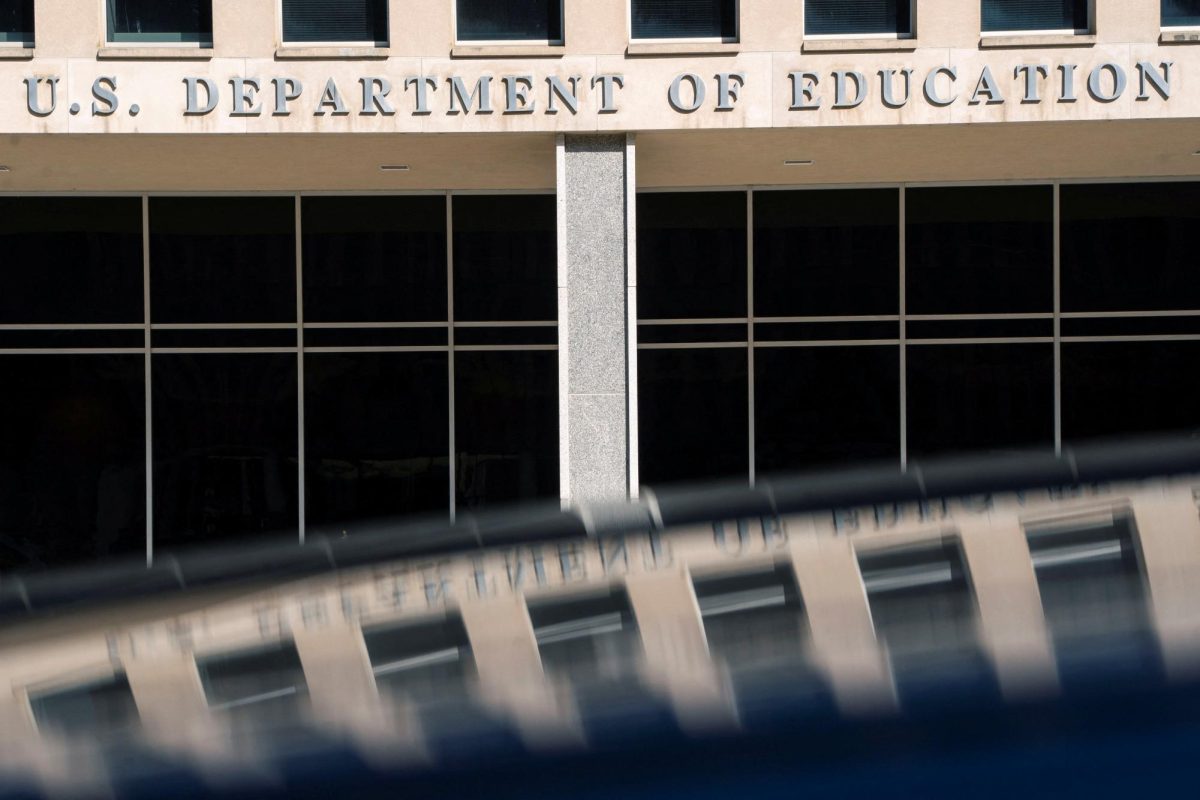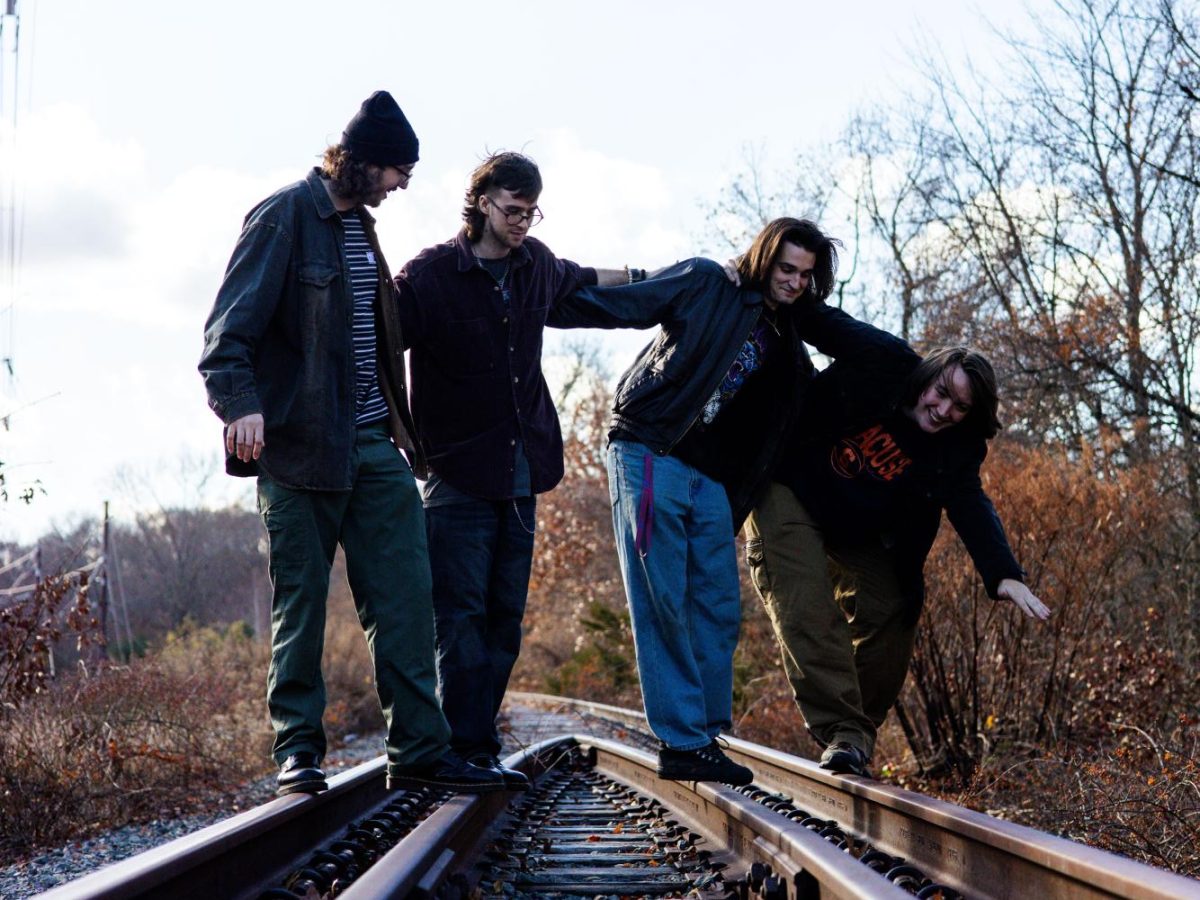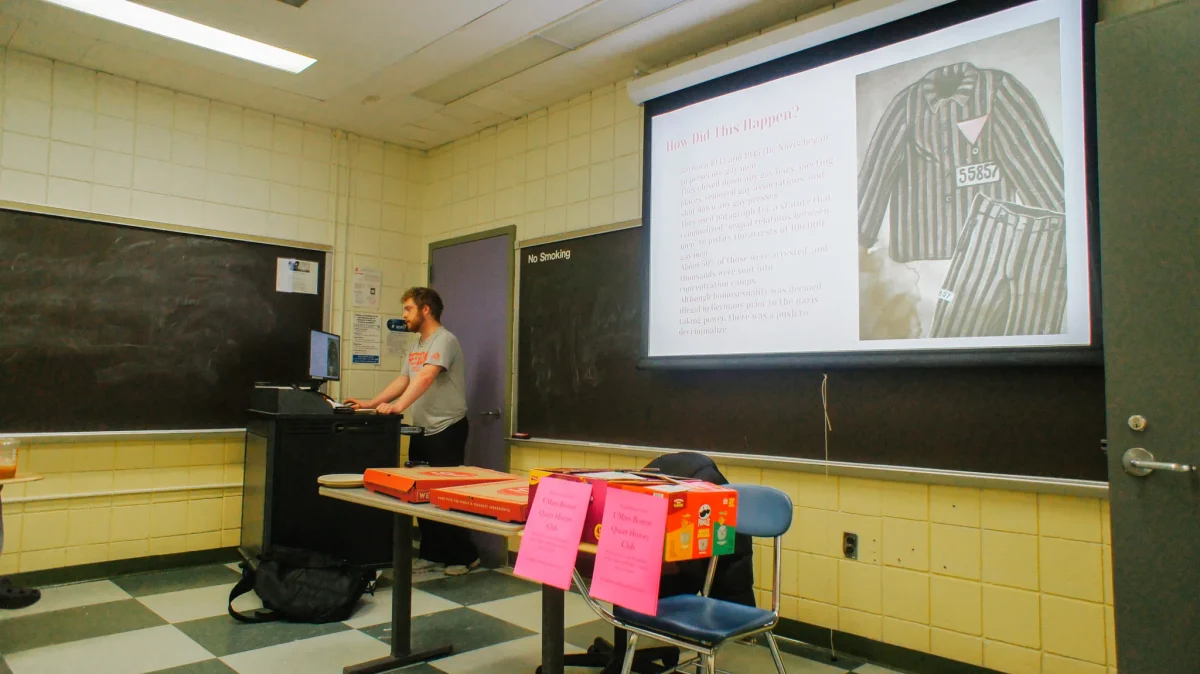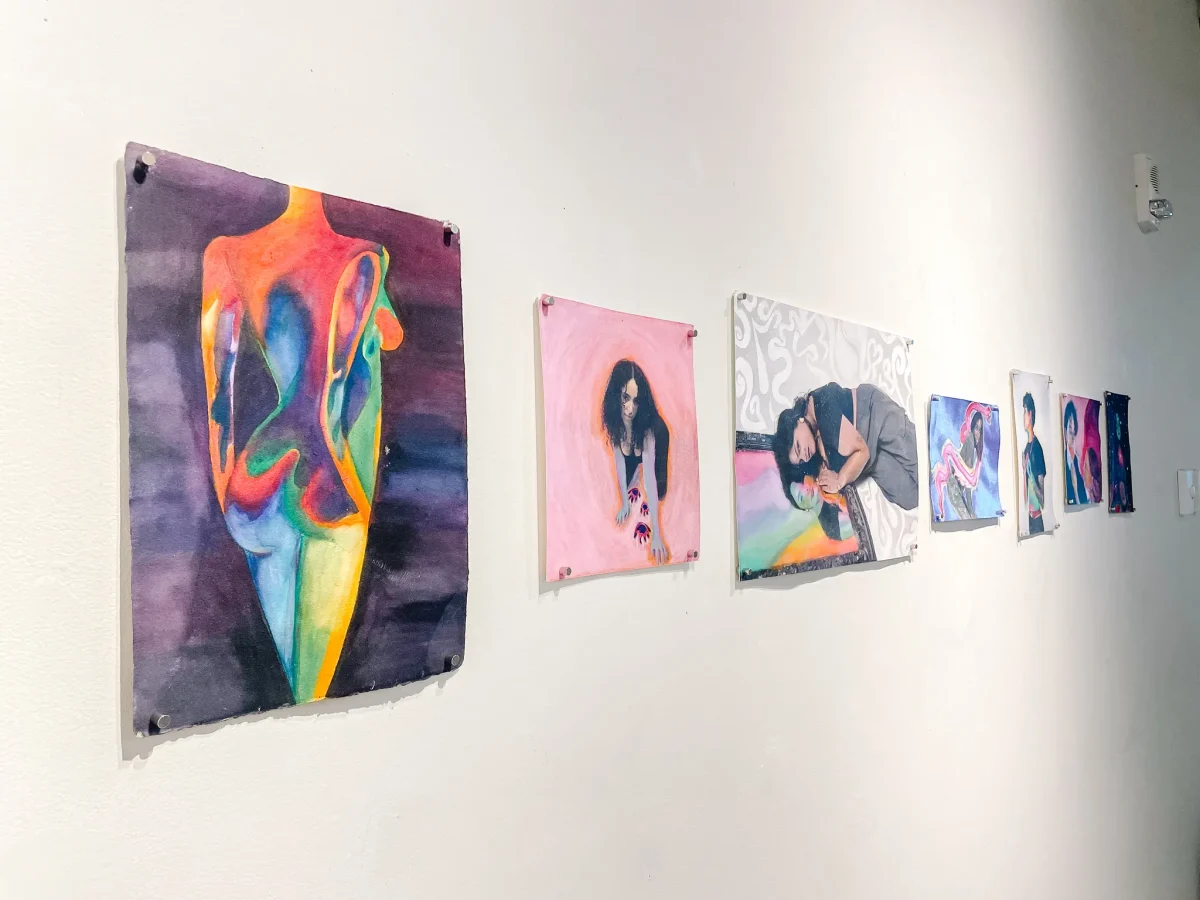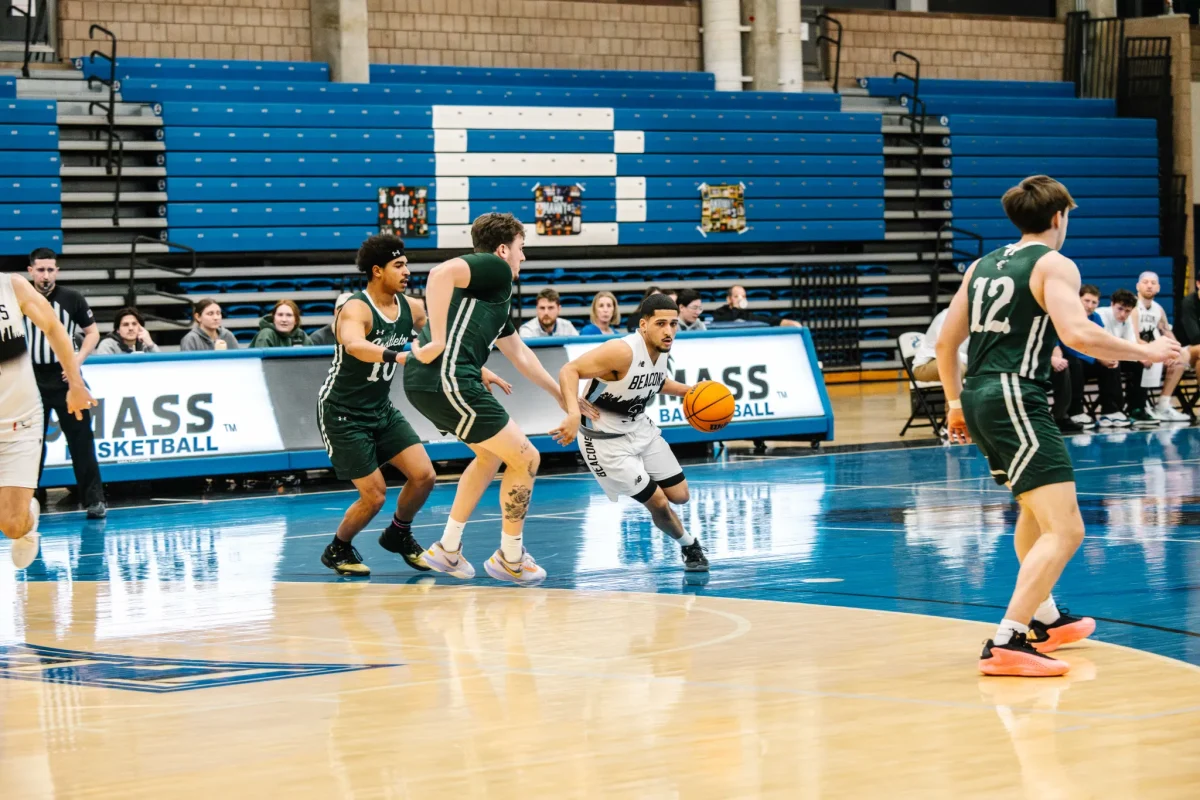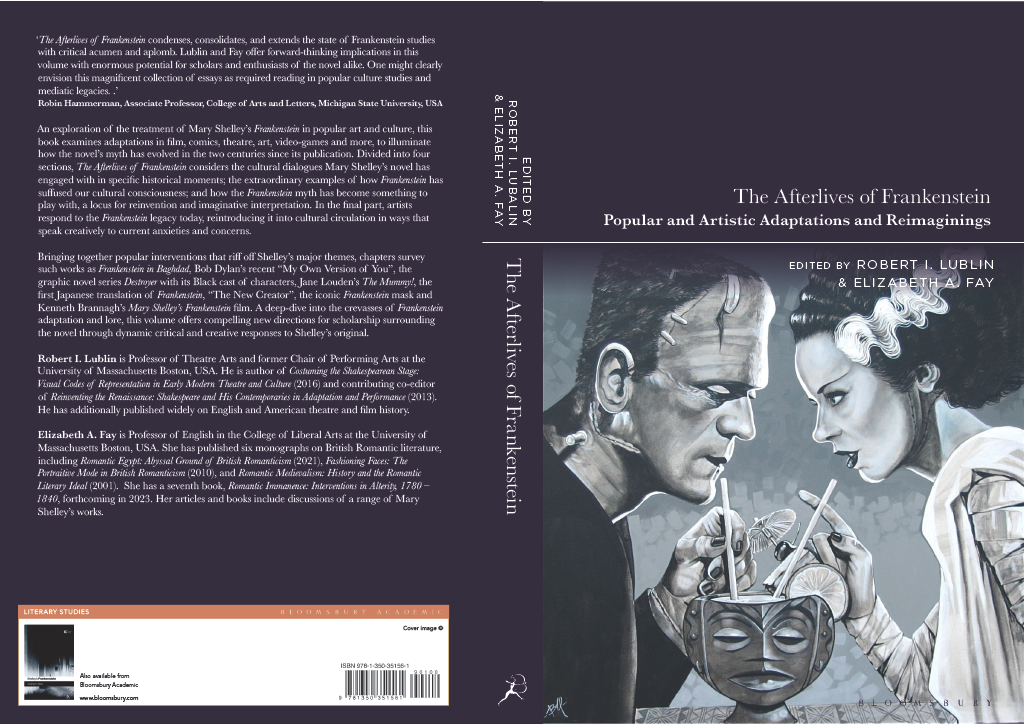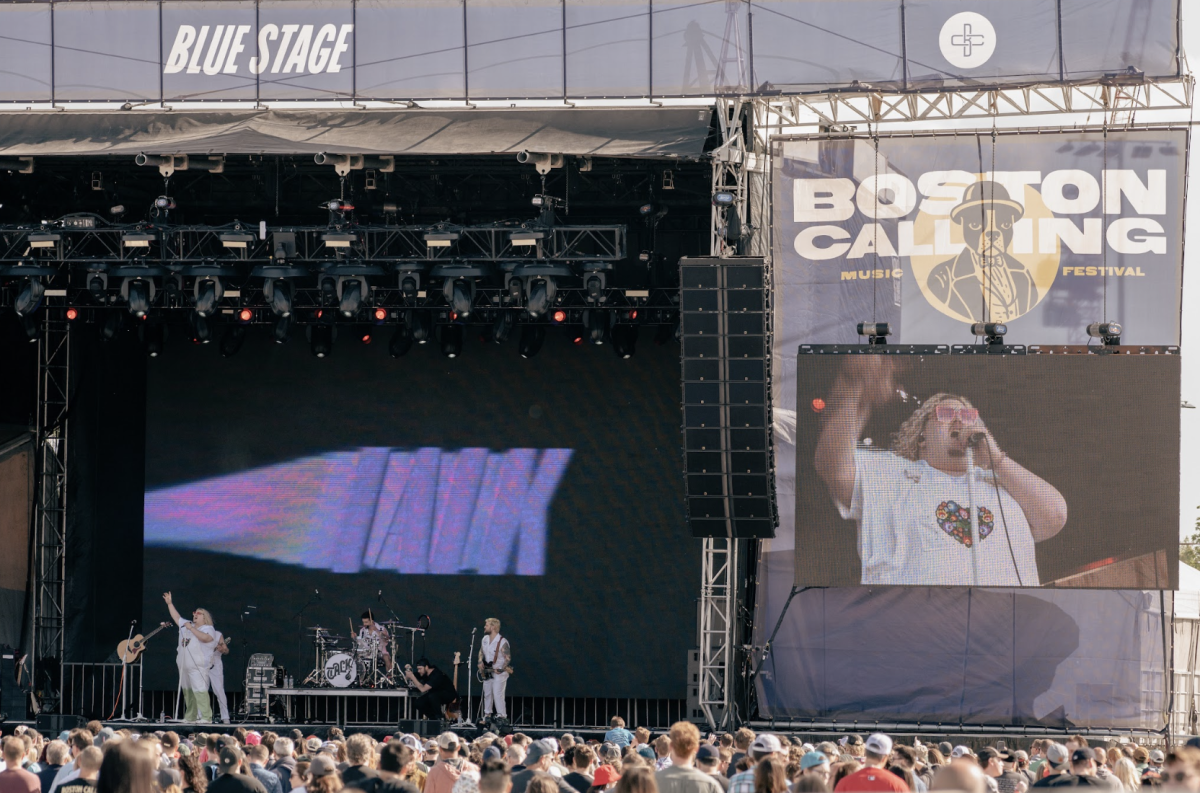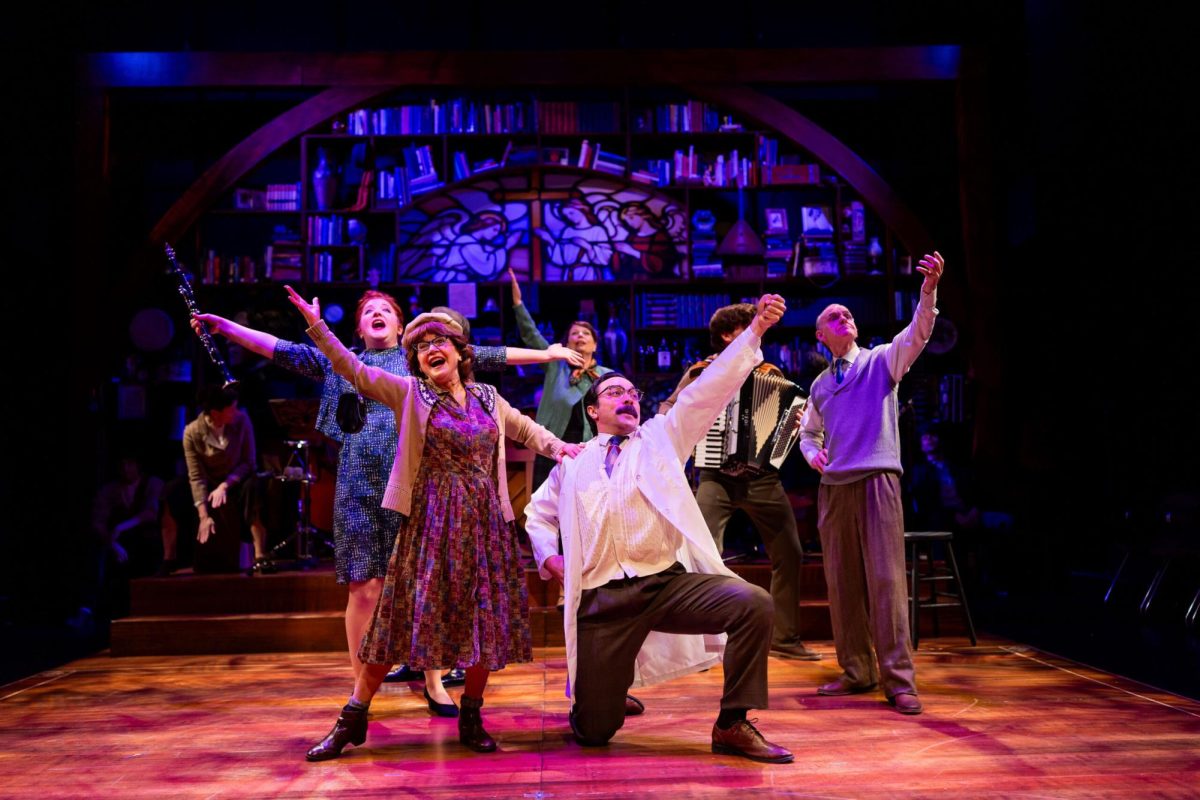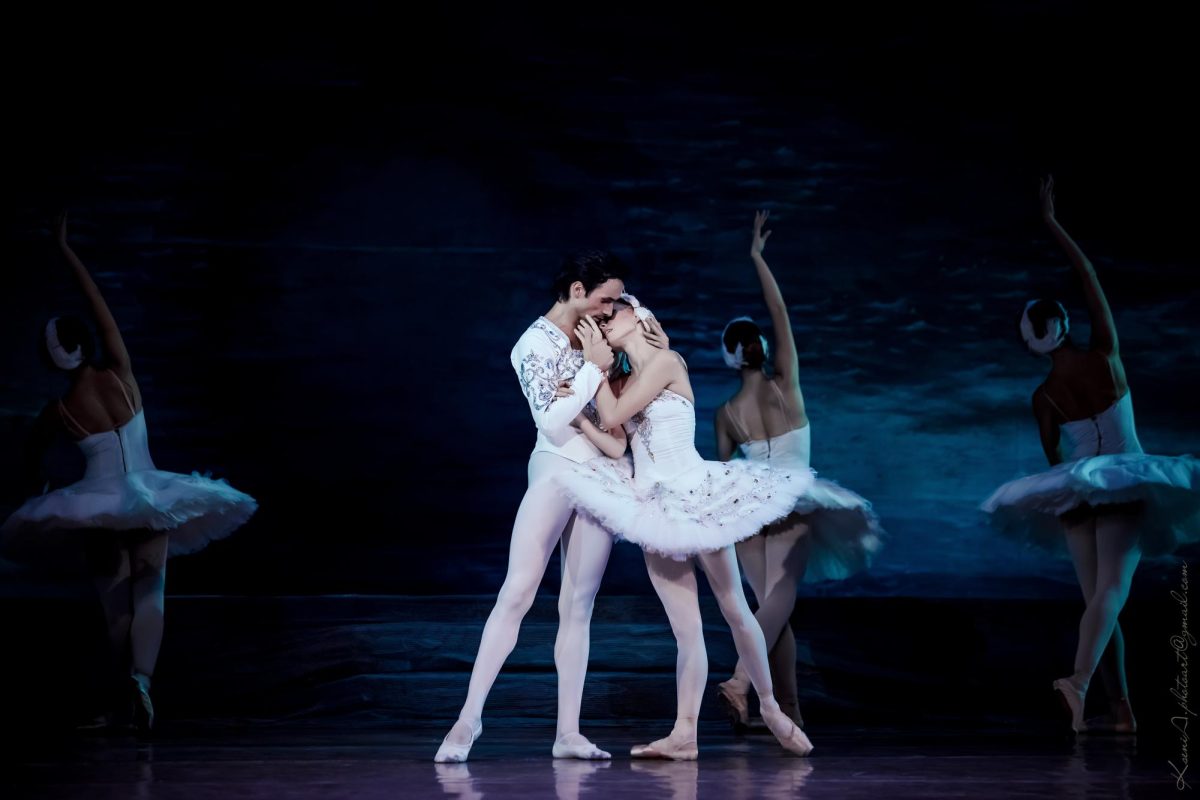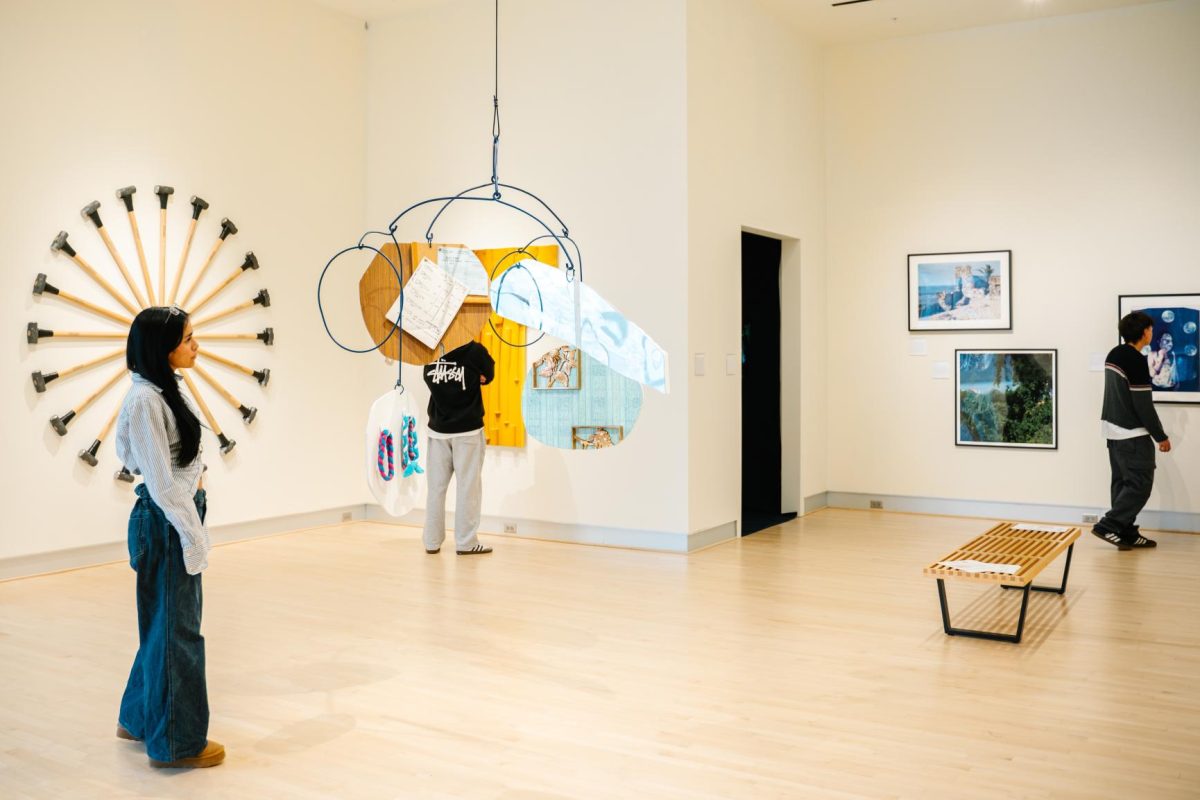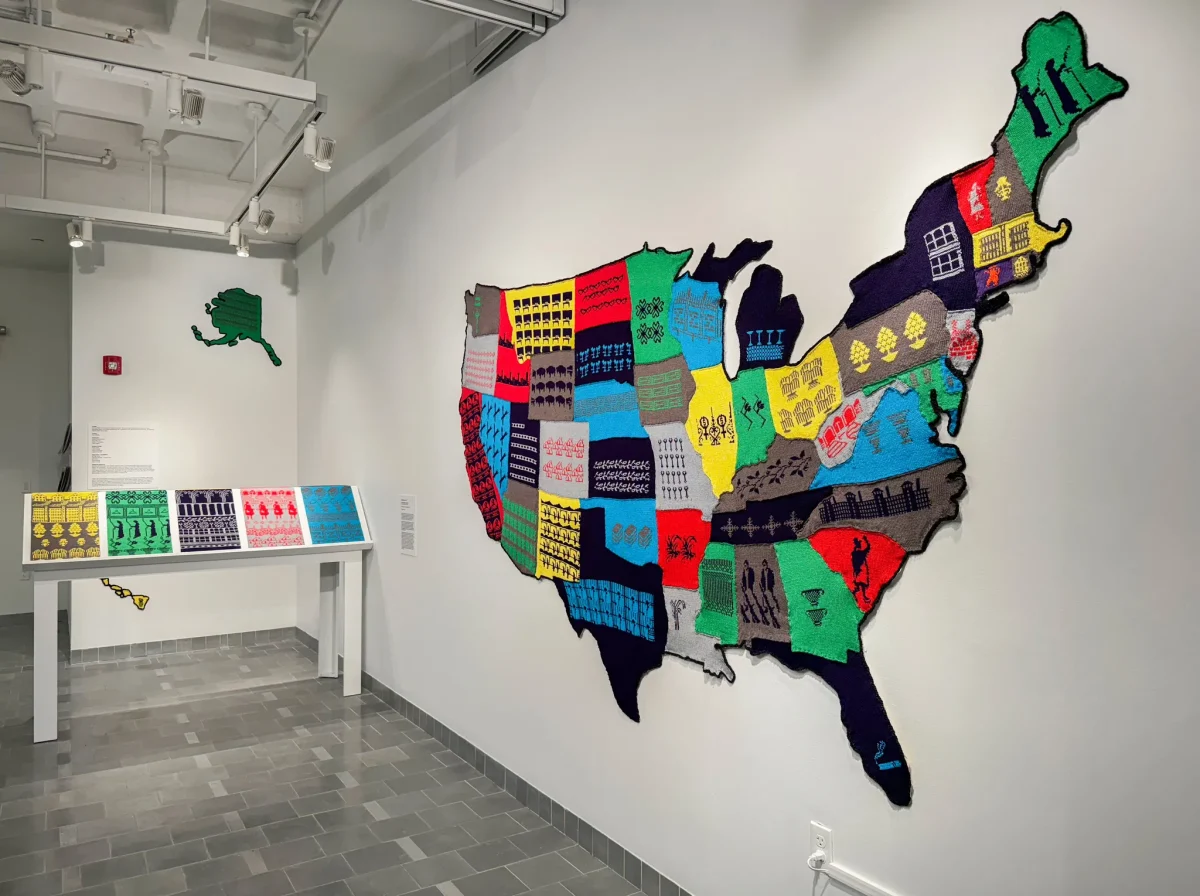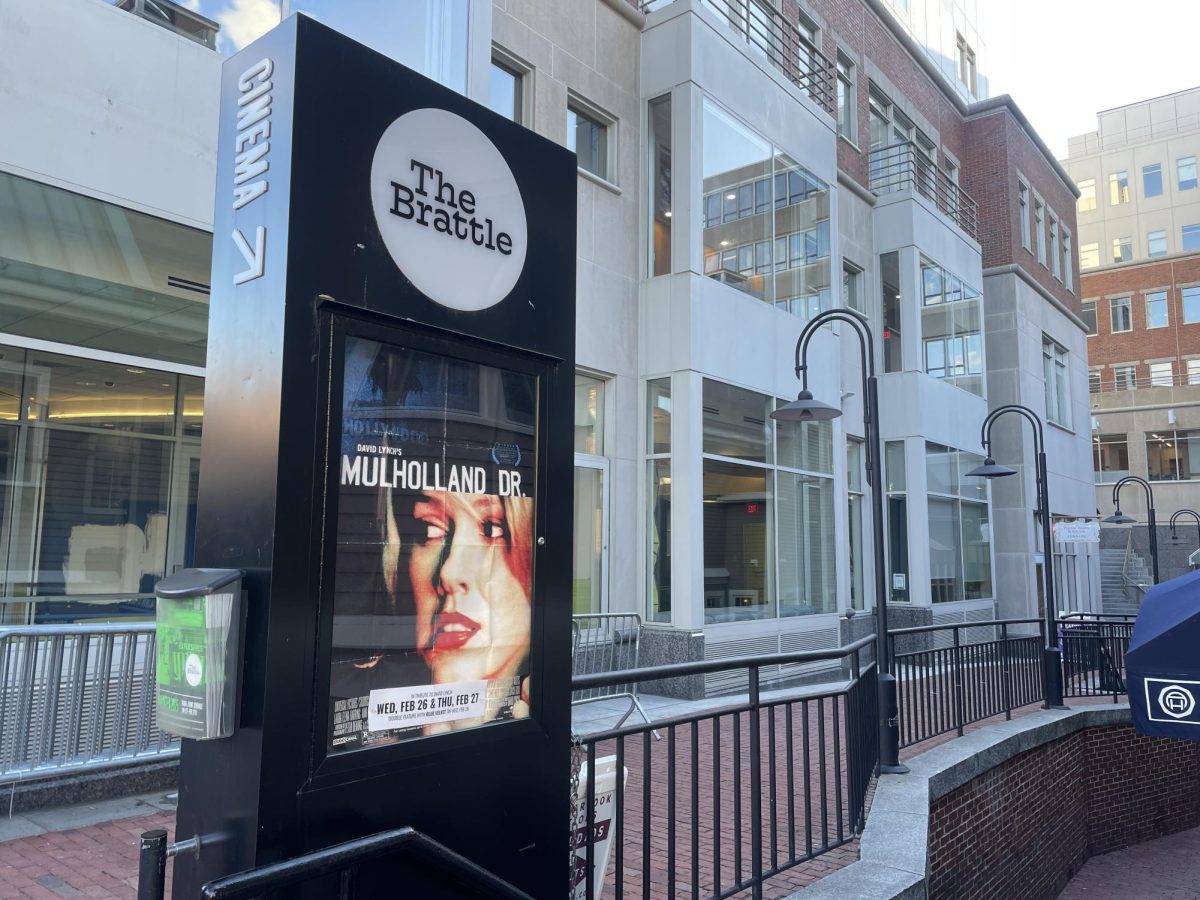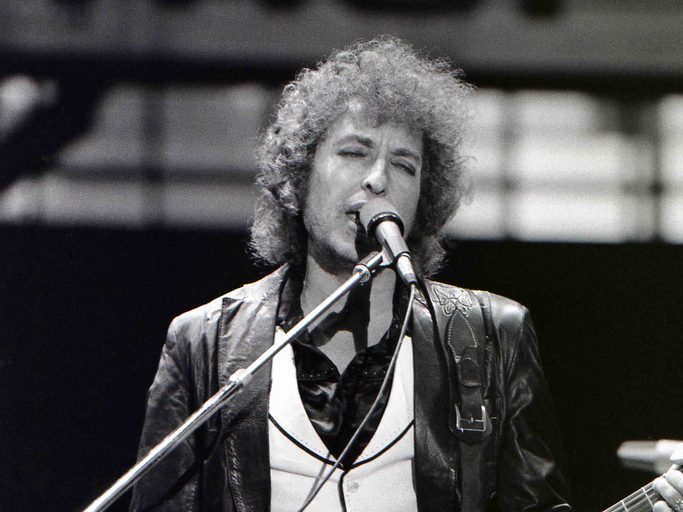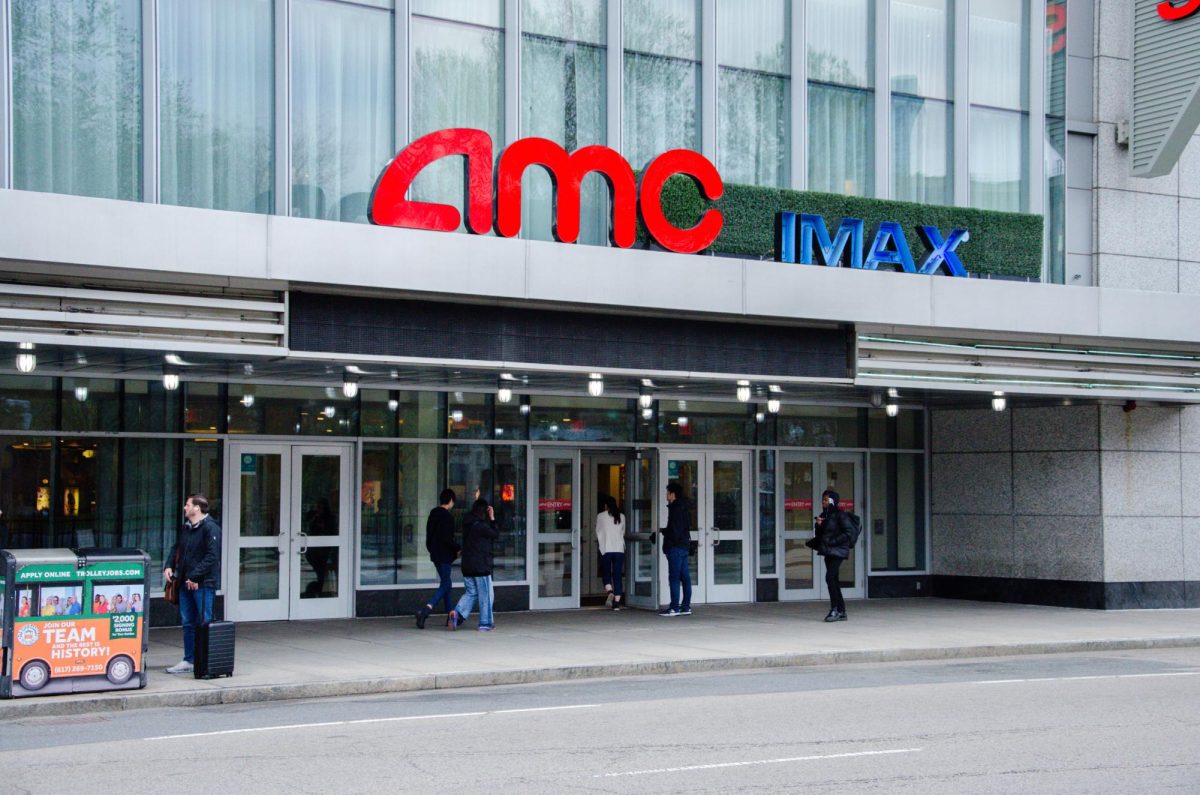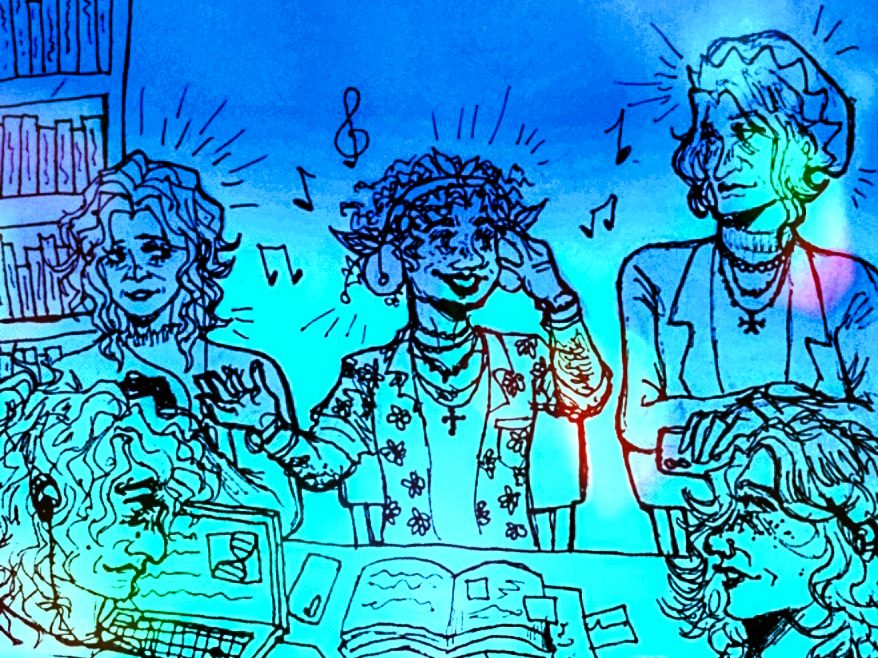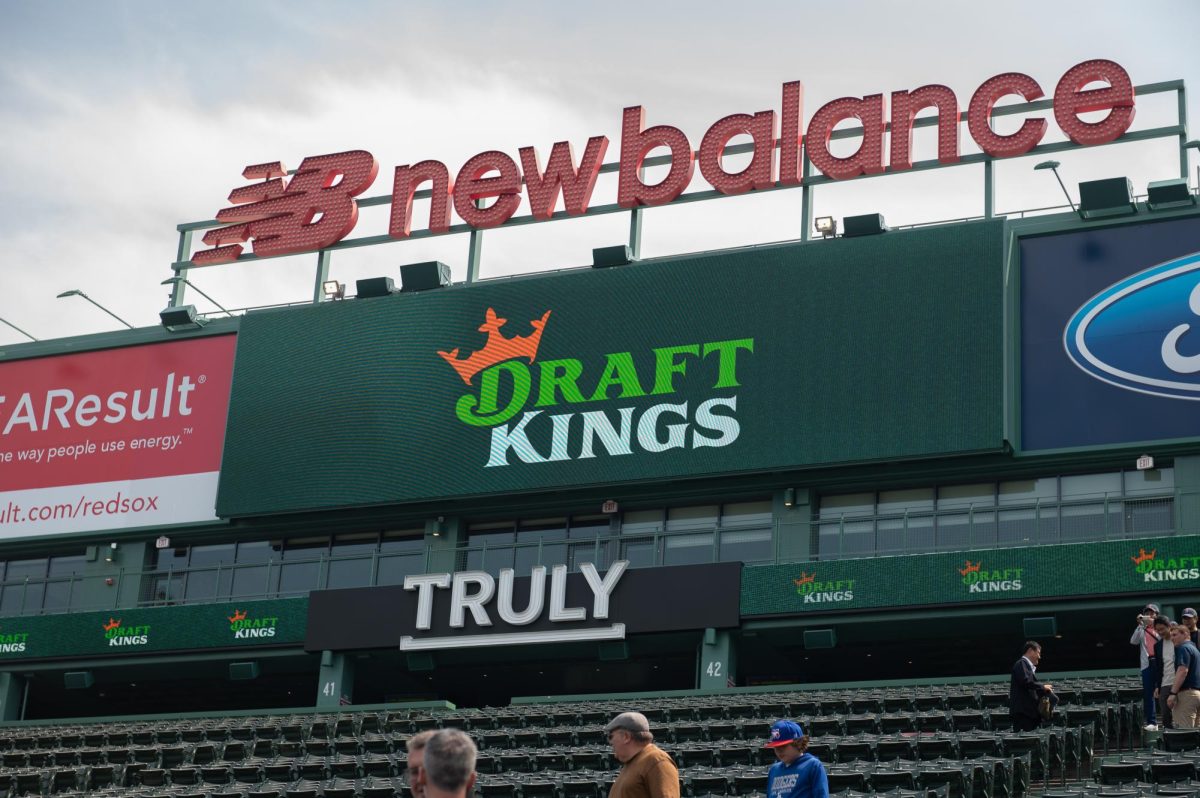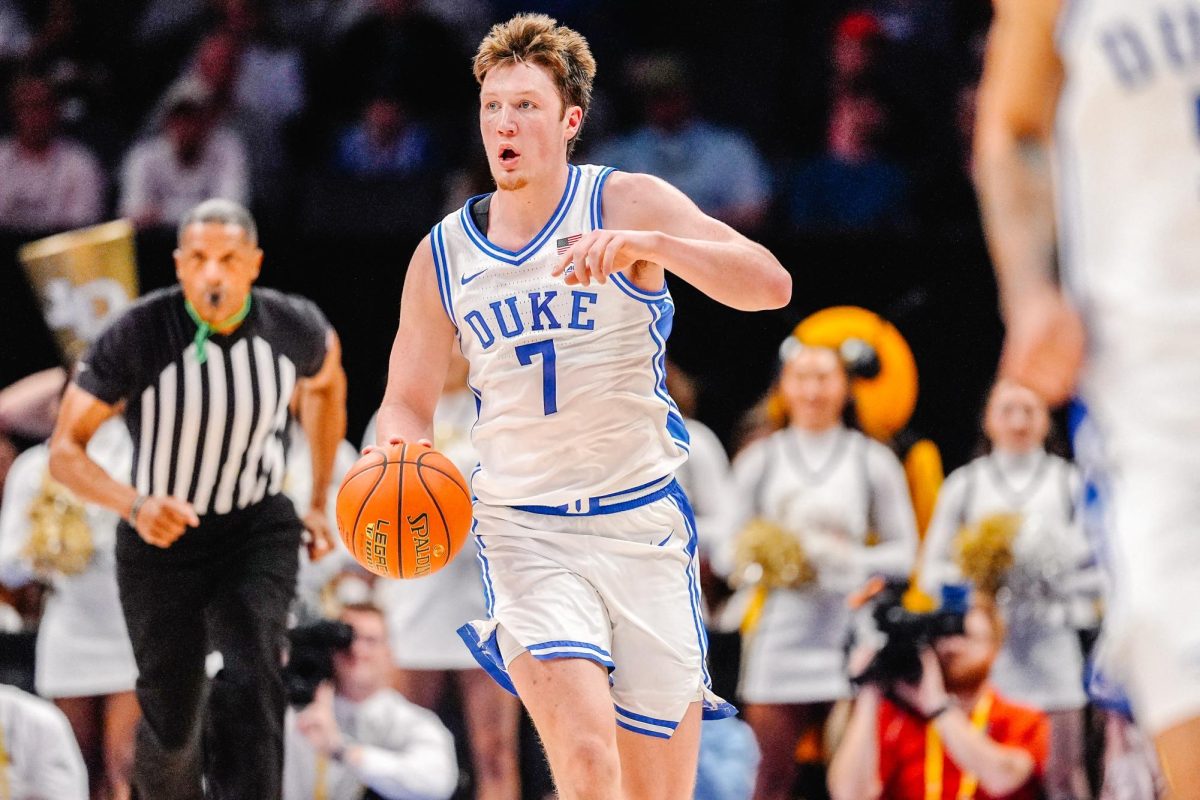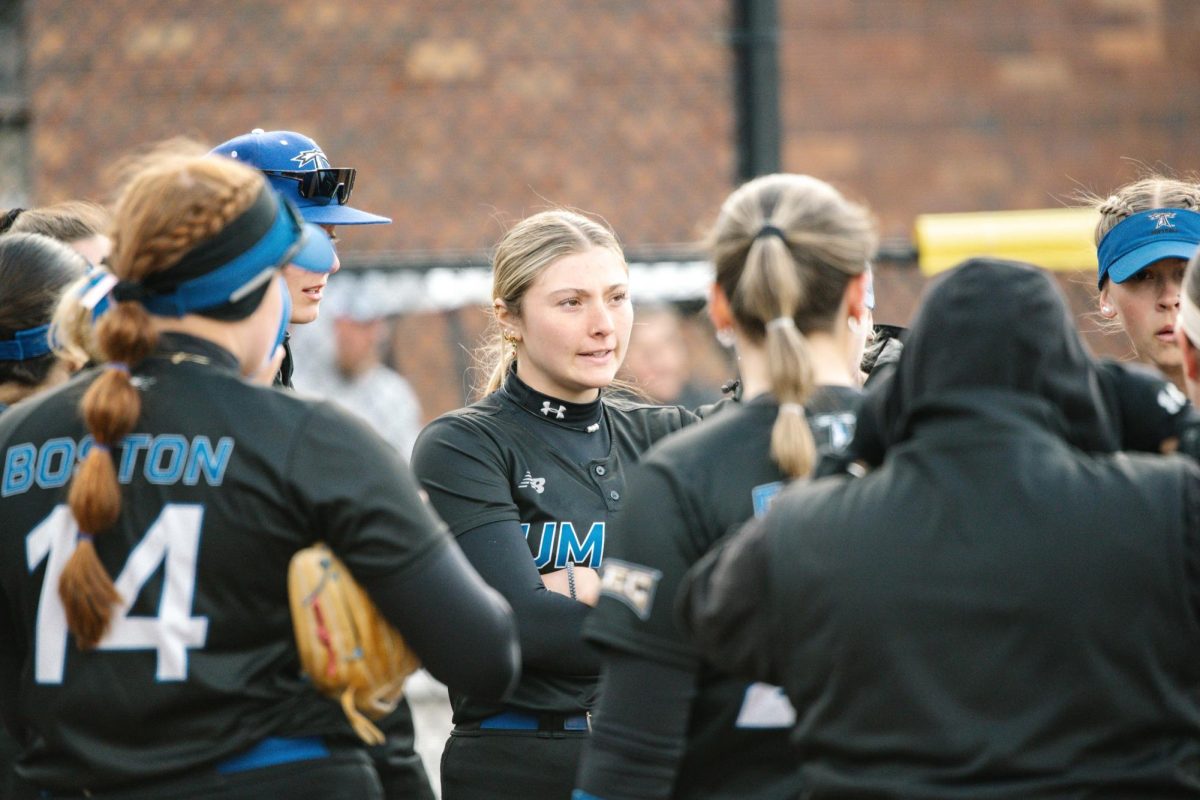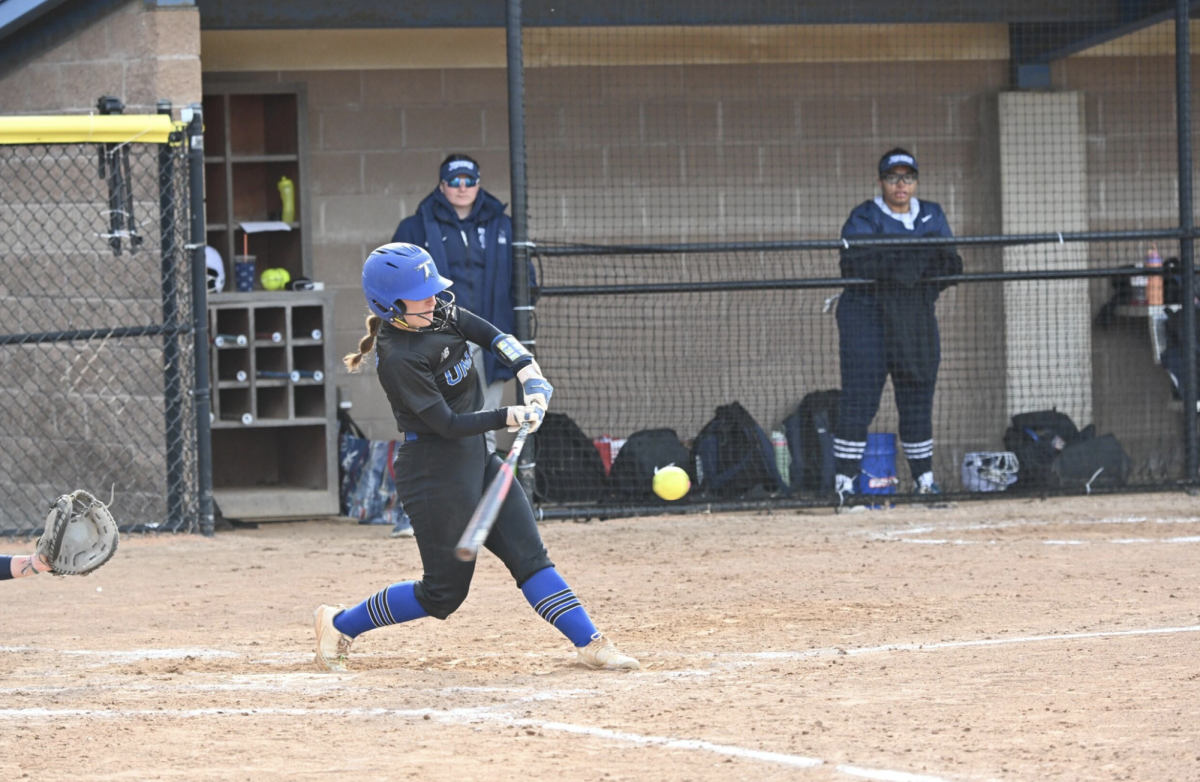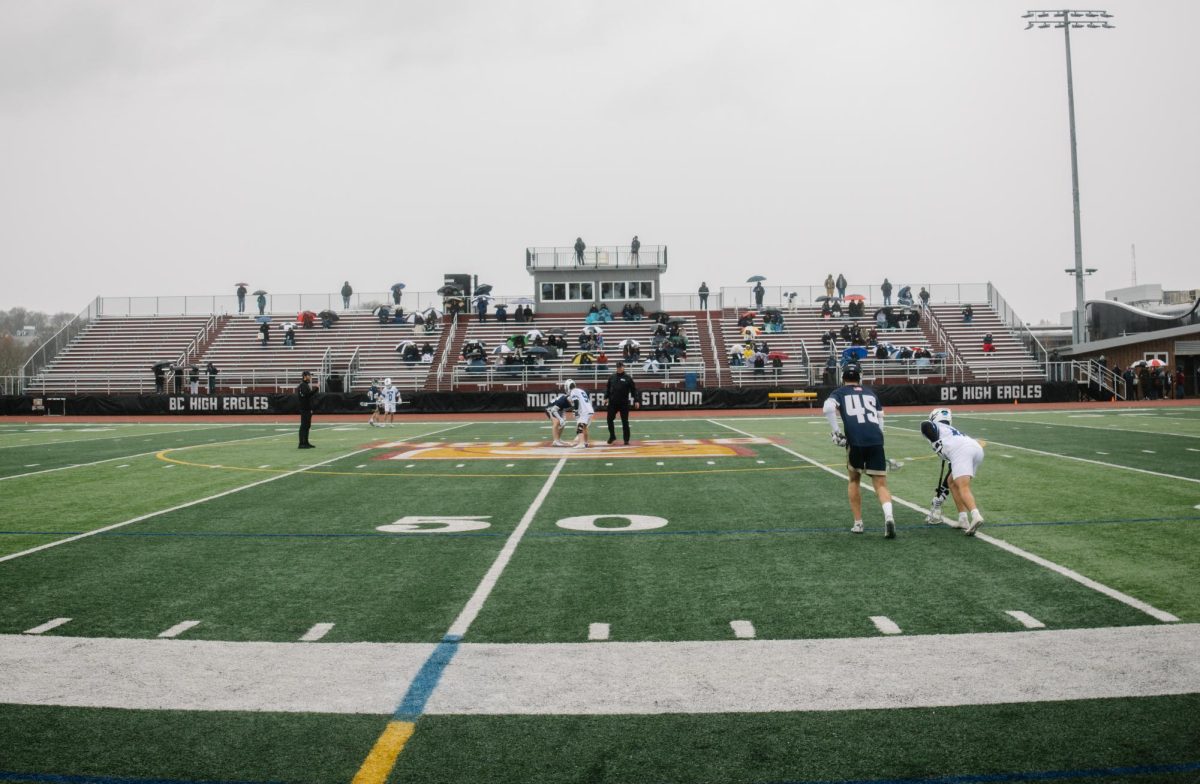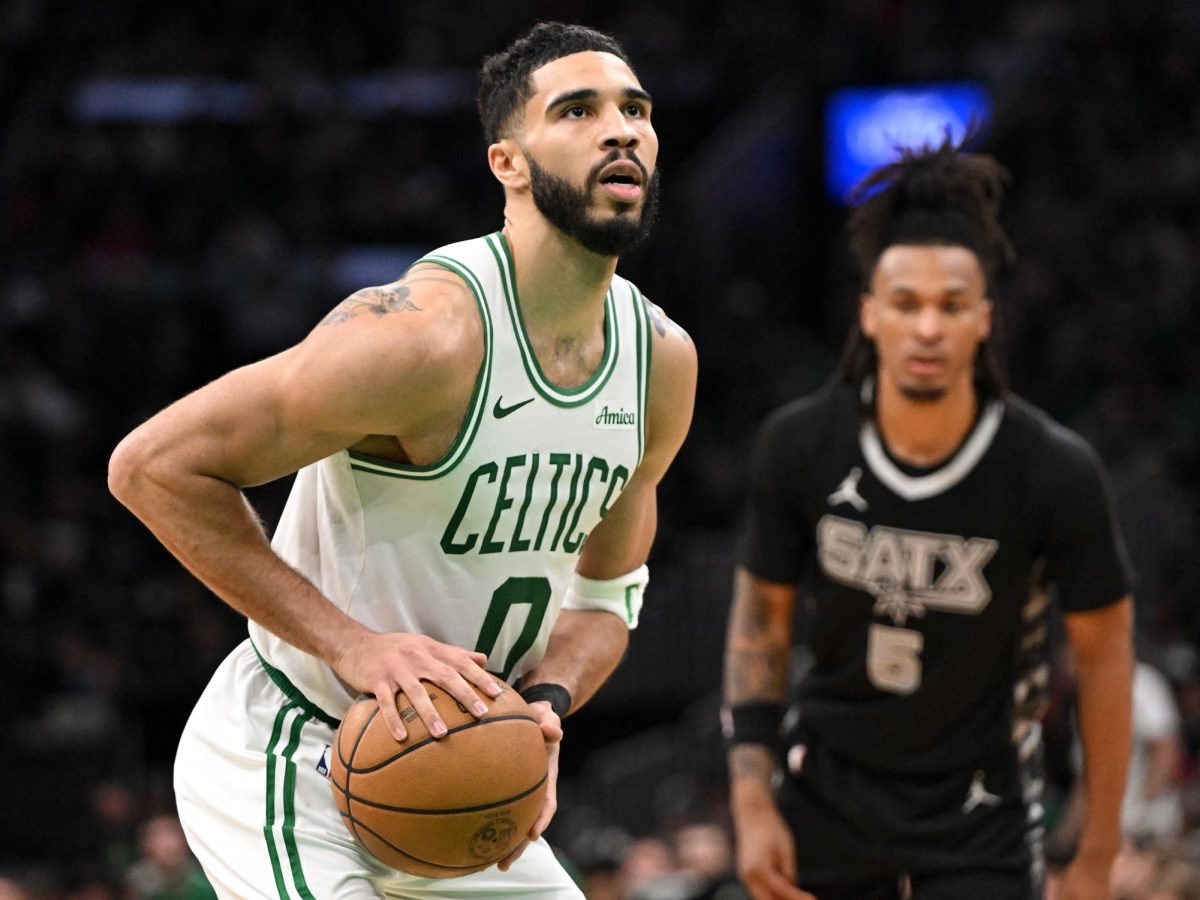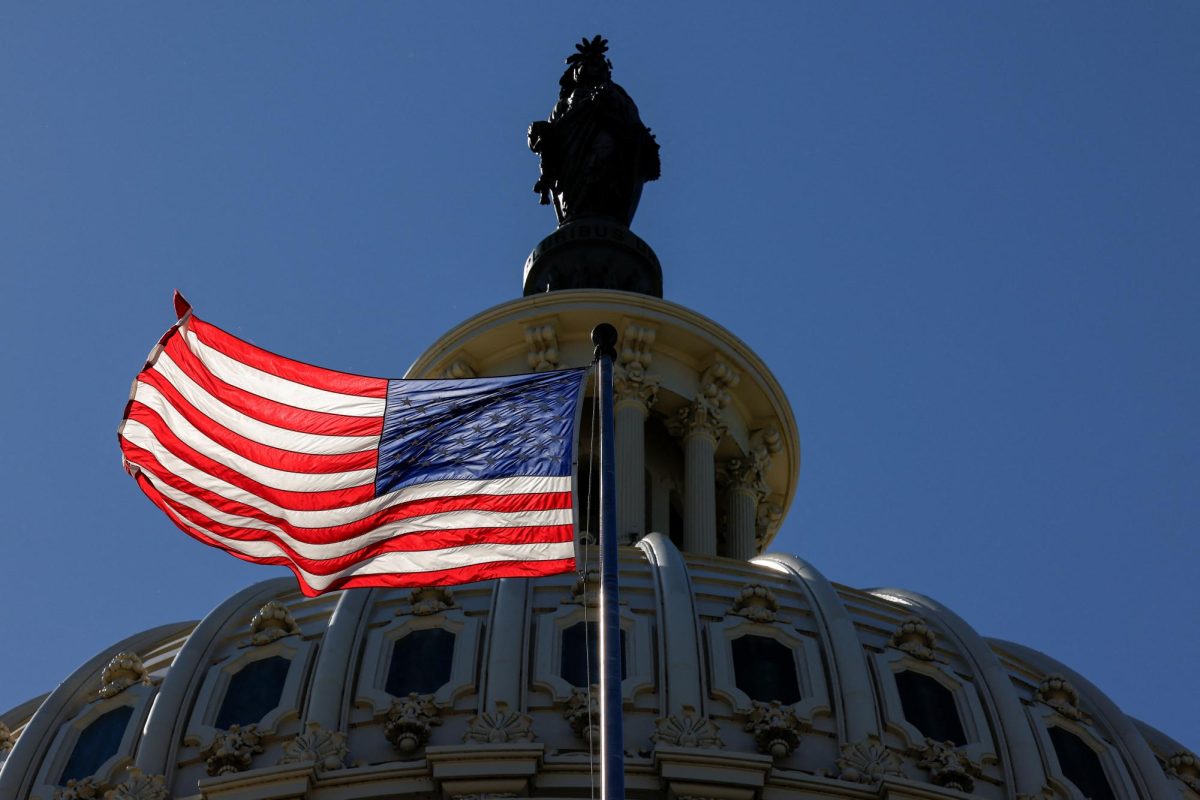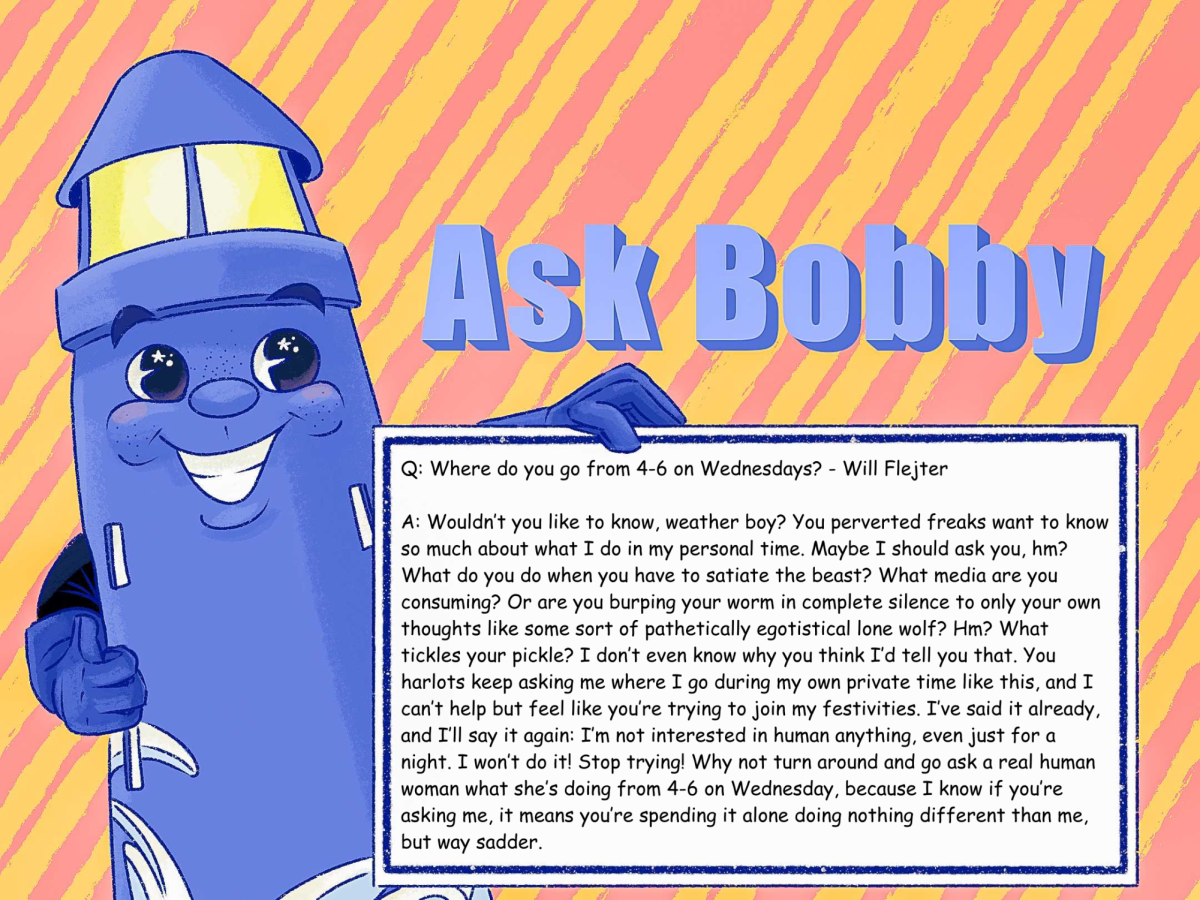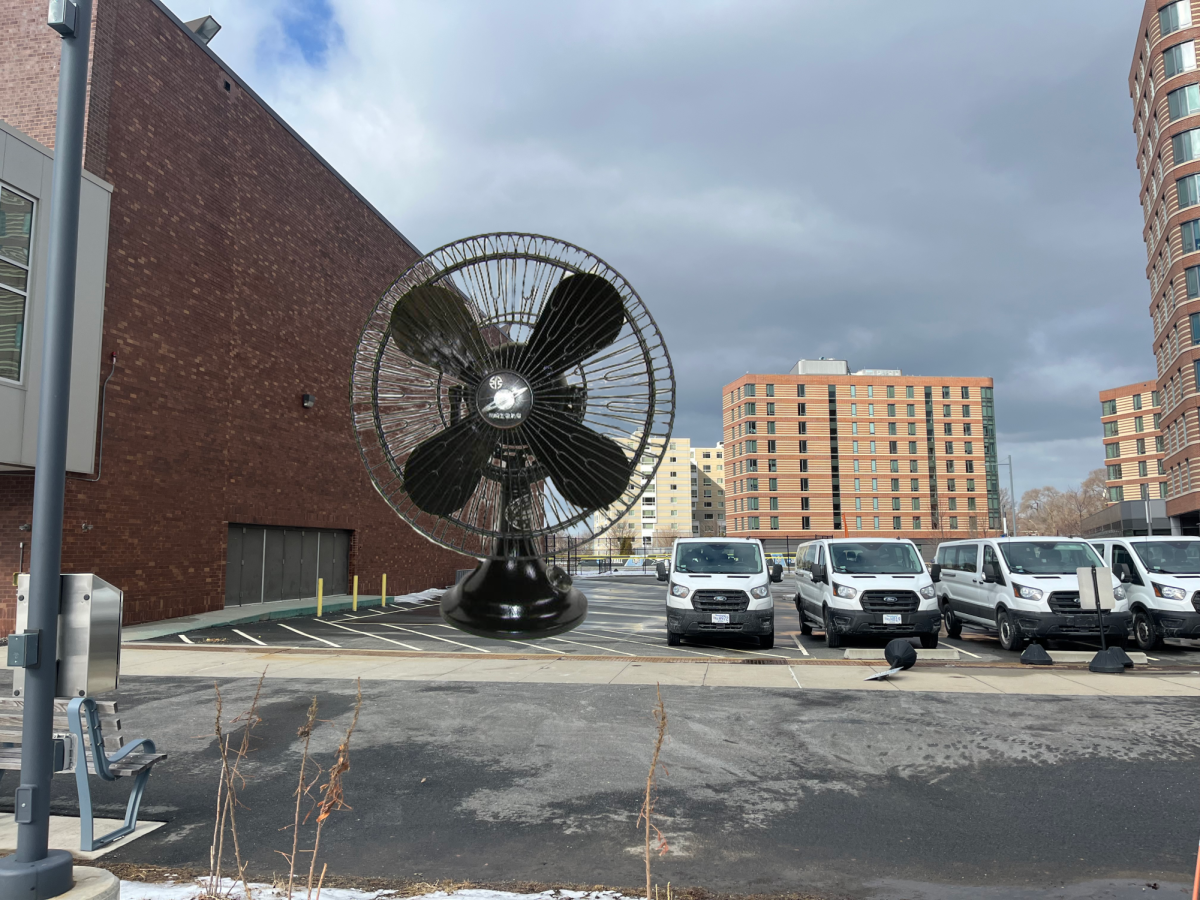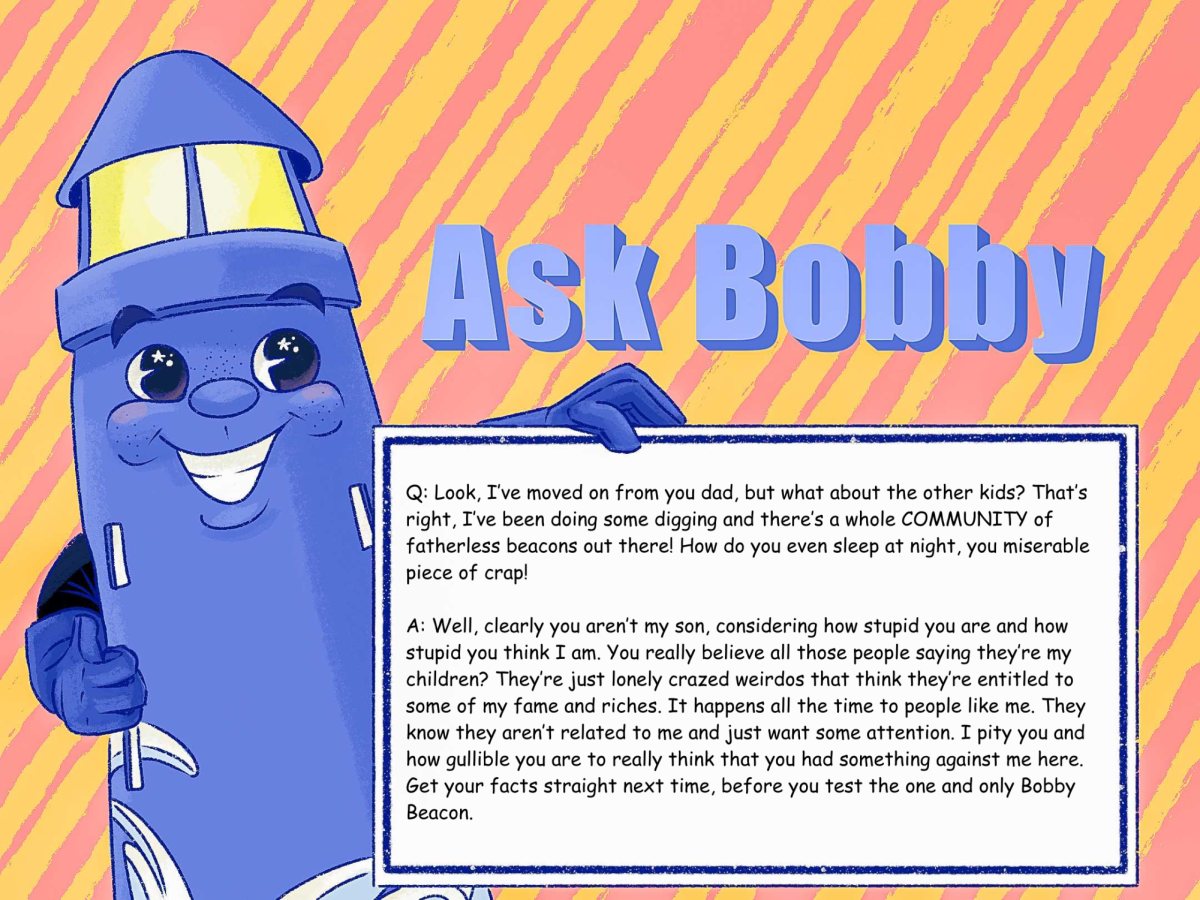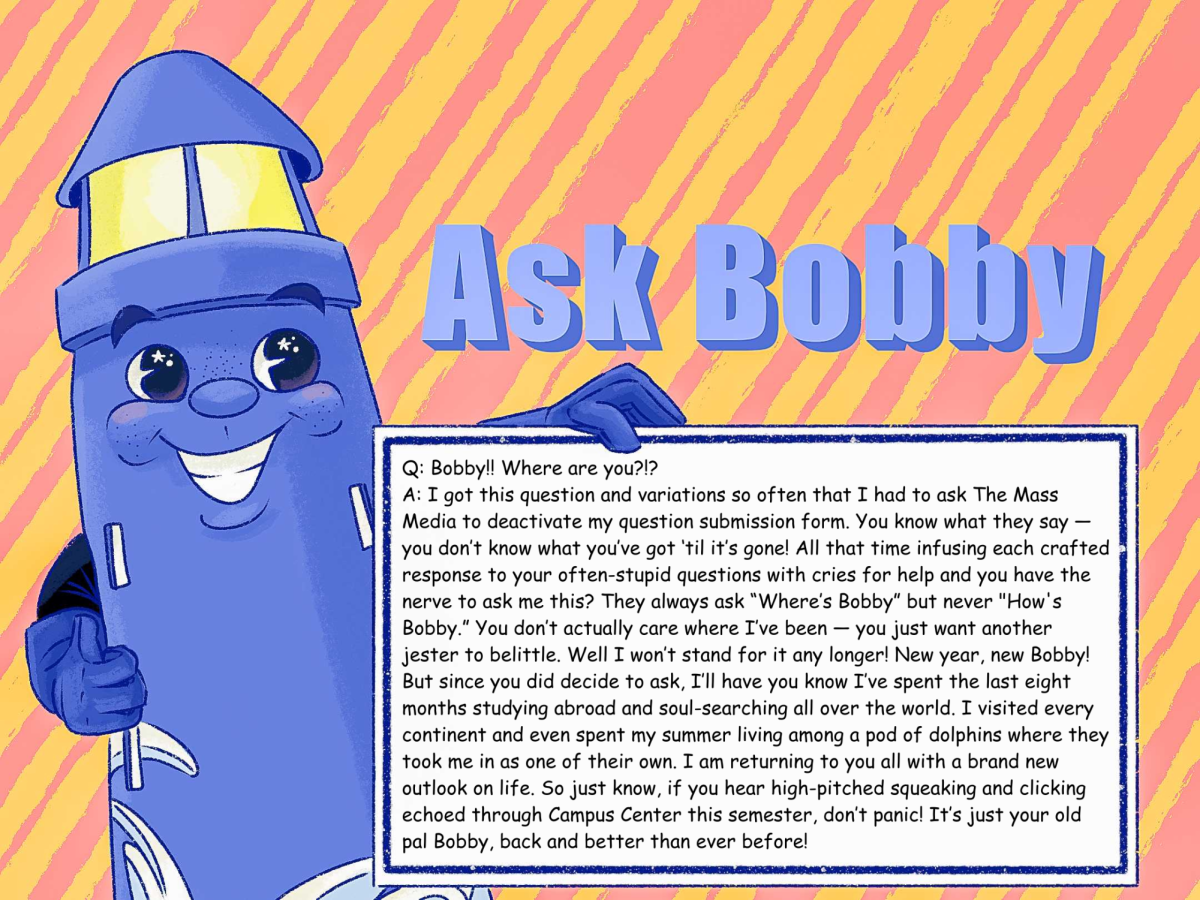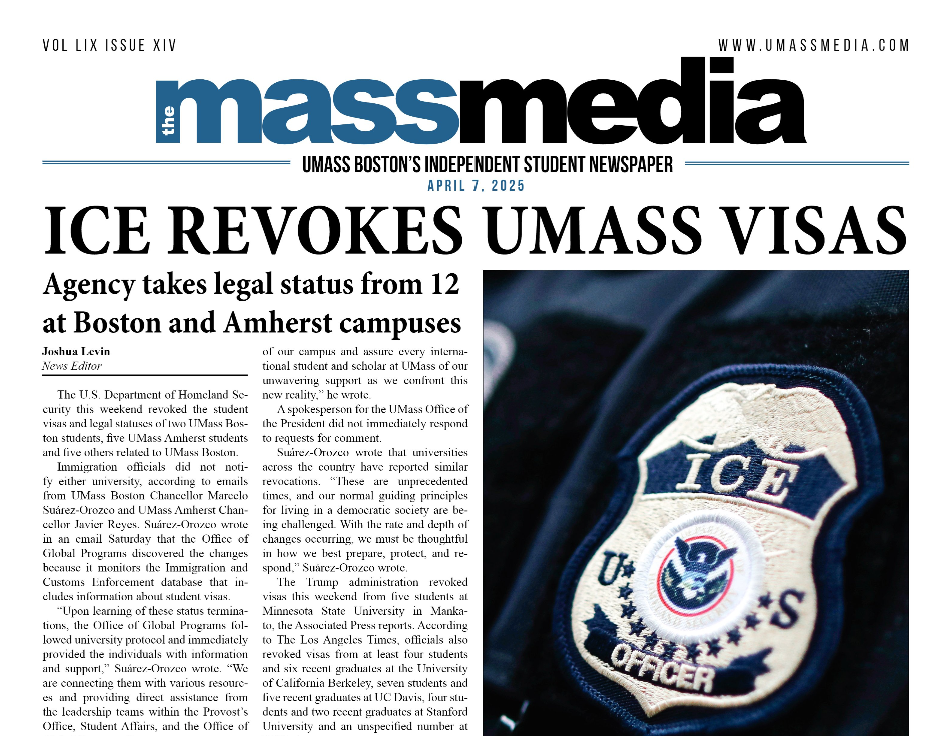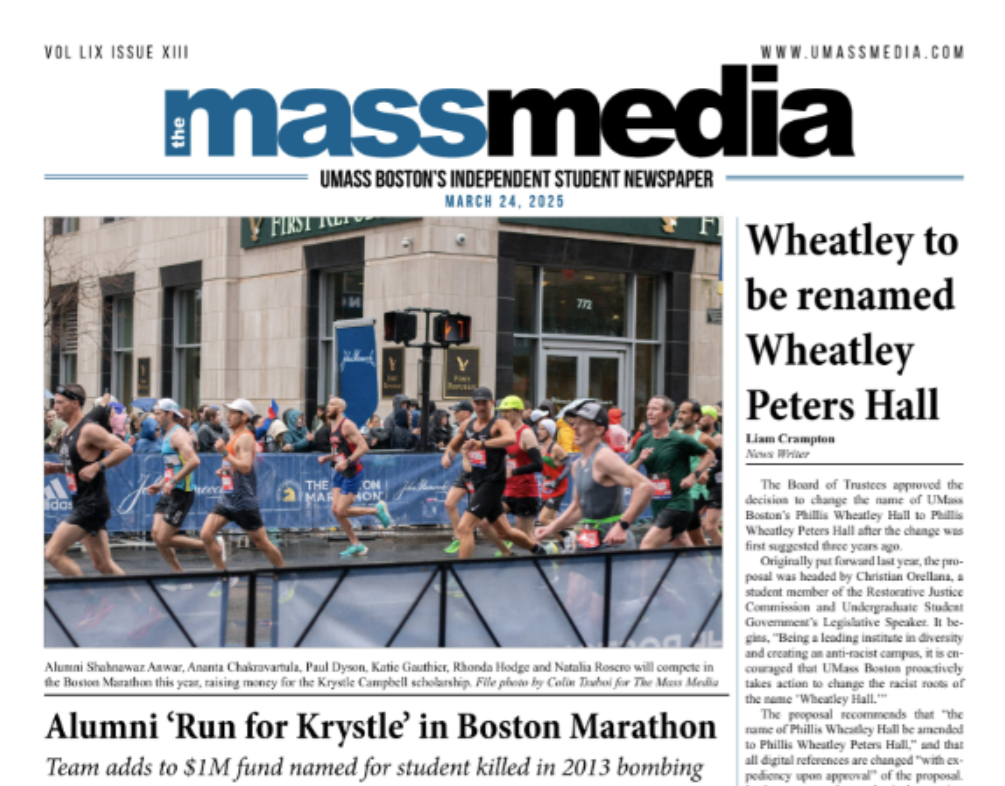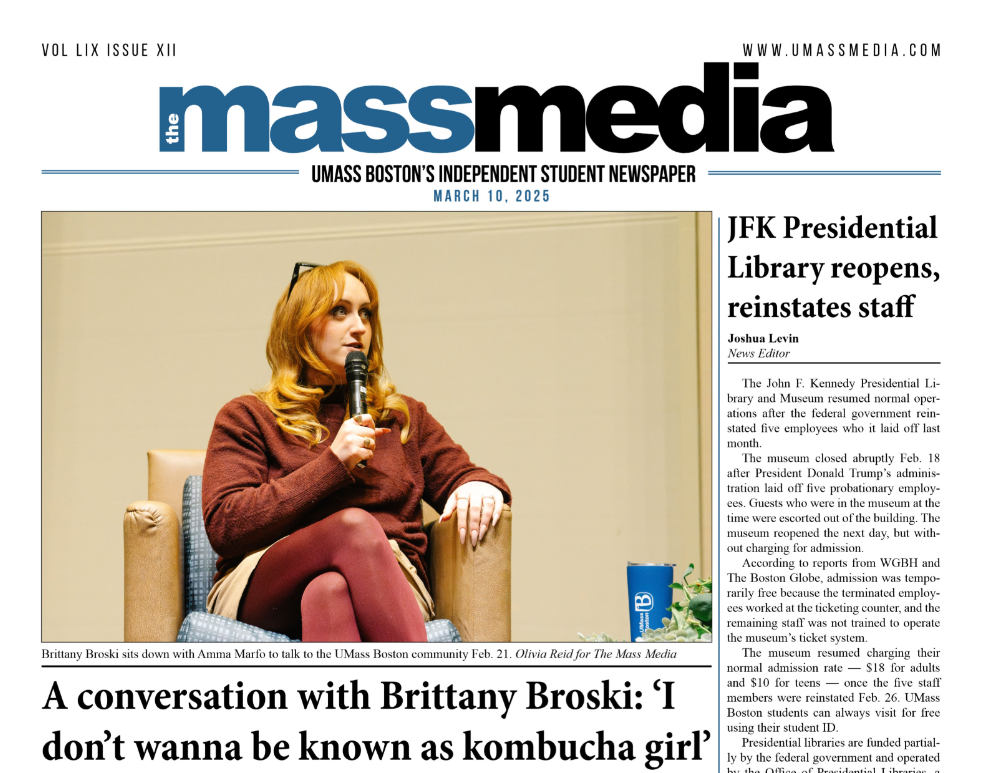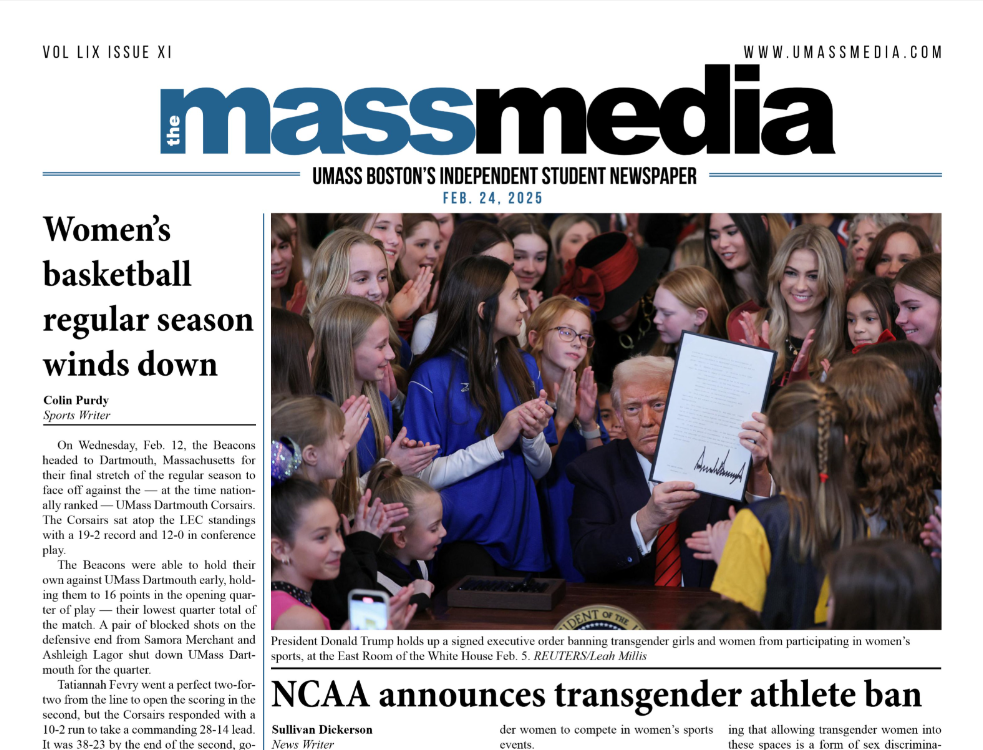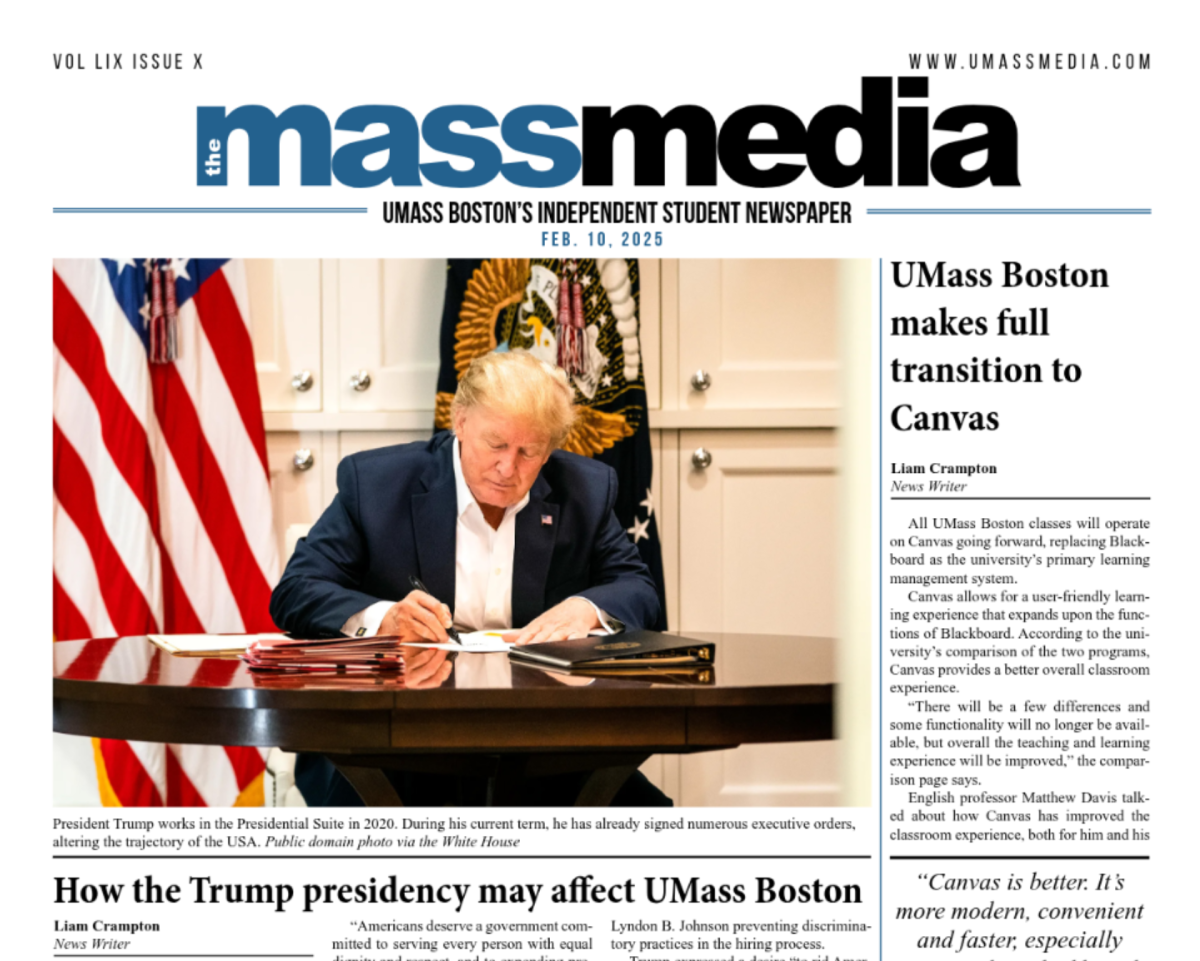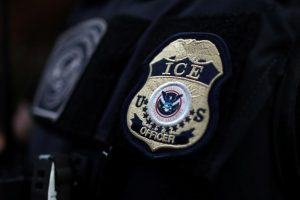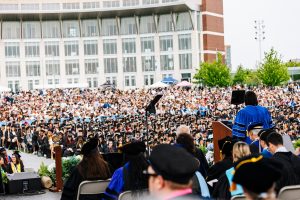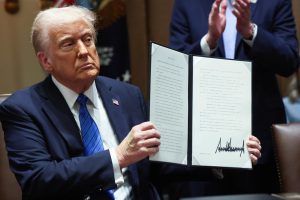Nigerian President Cancels Trip to UMB
September 29, 2004
Attempting to leave New York, Nigerian President Olusegun Obasanjo was forced to cancel his speech at UMass Boston last week after the tires of his plane blew out.
Two tires on the president’s plane exploded as it was taxiing off the runway, forcing Obasanjo to remain in New York for the remainder of a United Nations summit. Obasanjo emerged from the accident safe, but decided to stay in New York, where he was scheduled to address the U.N.’s General Assembly the next day.
“When you’re dealing with world leaders, this is always a possibility,” said Professor Darren Kew of the Graduate Program in Dispute Resolution. “I’m sure he’s going to try to re-schedule.”
The president was to be a guest of the university’s dispute resolution program. Kew, a specialist in Nigerian politics who has consulted for the State Department, was able to set up the visit through a presidential advisor. Obansanjo, who is also the head of the 53-nation African Union, was expected to give a speech at the Campus Center on the ongoing crisis in Sudan. The African Union is trying to broker a peaceful resolution in the civil-war-torn nation.
At the time of the accident, Kew recalled being at Logan Airport’s special waiting zone for those who come in private jets. Chancellor Keith Motley had been there an hour. UMass President Jack Wilson arrived just as the ambassador got a phone call from Obasanjo informing him of the accident.
“Naturally, my first inclination was disbelief,” Kew said. “Your mind begins to go through worst-case scenarios.” He immediately checked with the Secret Service, which is called in to protect visiting heads of state. They were hearing the same thing.
The accident has been chalked up to poor plane maintenance. Kew noted that just last year, Obasanjo and the Nigerian legislature were fighting over funding for the maintenance of the plane, named “Eagle One.”
Boston was to be the president’s first port of call, but plans changed so he could attend an arranged luncheon for heads of state in New York. Kew remembered waiting at a Boston hotel with the ambassador, watching Obasanjo with Bush at the luncheon on CNN.
Back at the Campus Center, an estimated crowd of 200, half of whom were Nigerians, awaited Obansanjo’s arrival.
Though the president was unable to make it, the crowd was treated to an impromptu speech by Professor George Obiozor, Nigerian ambassador to the United States.
“There is no doubt democracy is catching up with Africans,” Obiozor said, noting that Nigeria is in an age of growth and development. “You cannot reach perfect democracy overnight.”
First elected in 1999, Obasanjo is Nigeria’s first democratically elected president after a 20-year period of military rule.
“You can expect good news from Nigeria soon,” Obiozor said, adding that four years ago there were 400,000 telephone lines for 120 million people, and now through the international privatization of communications, there are nearly six million.
At the reception afterwards, Nigerians expressed a wide range of opinions on the ambassador’s speech.
“There is progress, but there’s still chaos,” noted Keyode Ogunro, a Harvard University student.
“They don’t need cell phones, give me electricity,” said Ify Izuchi, medical technician living in Massachusetts. “Most of us didn’t plan to stay here [in the U.S.]. Nigerians are afraid to go home because they could get robbed or killed.”
“[The ambassador] said what he had to say,” said Ibe Ogbuike, a graduate of UMass Boston who has lived in the U.S. for 32 years. “I like what he said.”
Both Roni Lipton, assistant director of the dispute resolution program, and Kew said it was “disappointing” that the president had to cancel, but were relieved Obansanjo was safe.
“It was disappointing that it turned out this way,” Kew said. “We’re happy that the president is safe and hope he can reschedule.”
“I think it was a different event than we had initially anticipated, but I think it was a worthwhile event,” said Lipton. “We hope that others in the community, both the university community and the Nigerian community, felt the same, disappointed as we all were.”
Lipton noted that connections have been made with the Nigerian government, and the program hopes to move forward and work with them on dispute resolution and conflict resolution across Africa.
The professors remained optimistic about the chances of Obasanjo returning. “I think we’ve got a good shot,” said Kew. “We’ll see. You never know with these things.”
Devin Bramhall contributed to this report.


